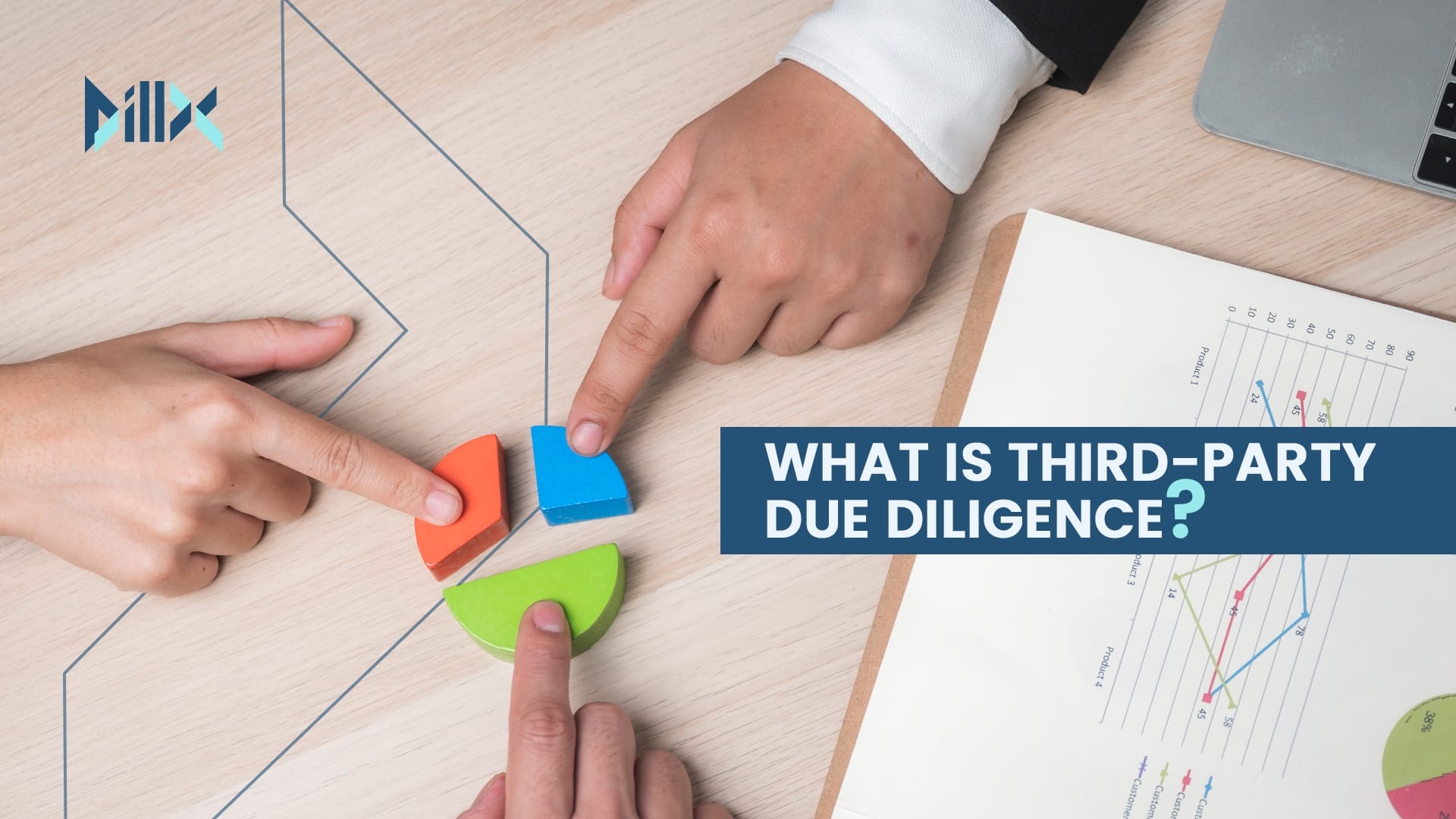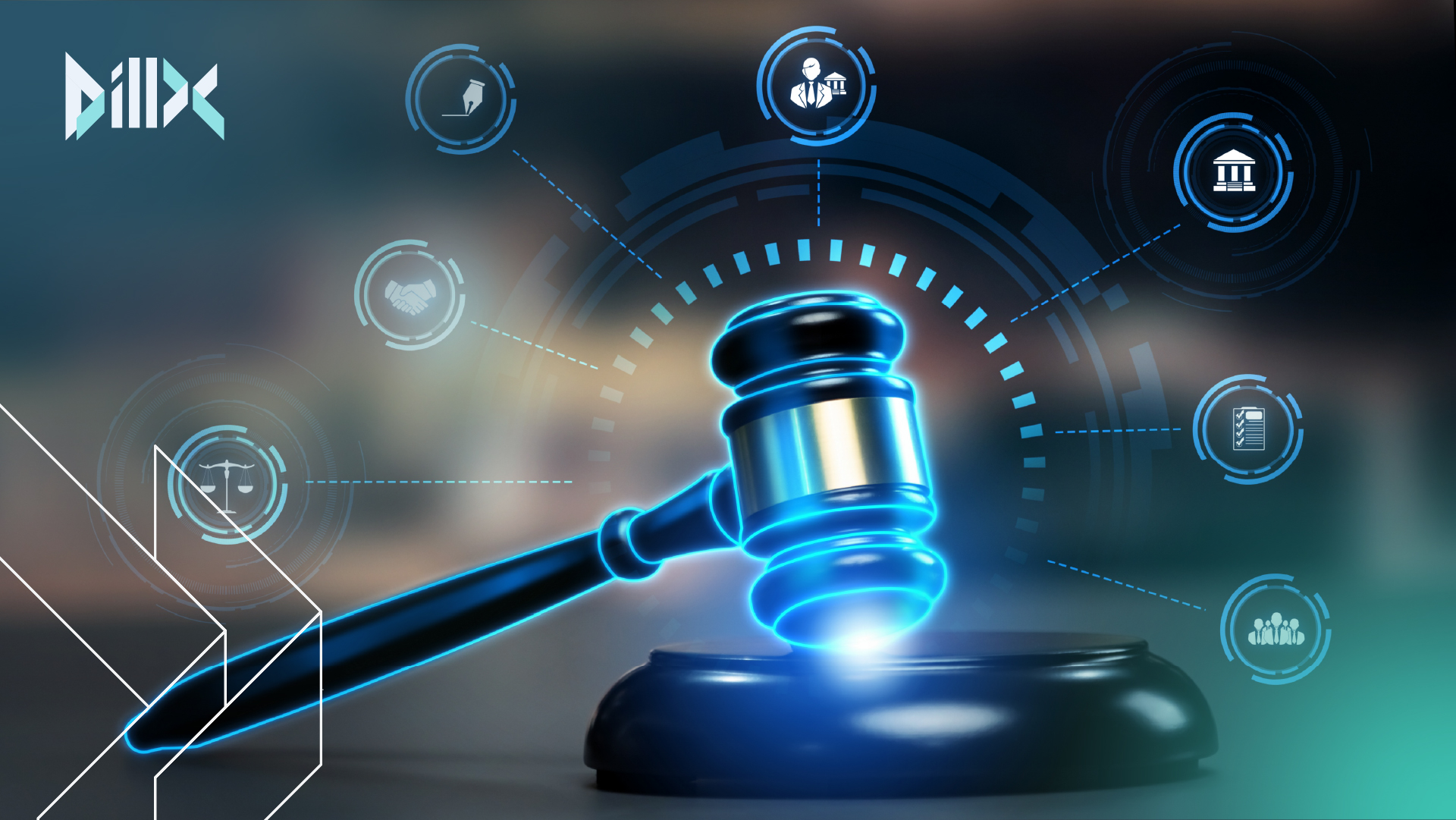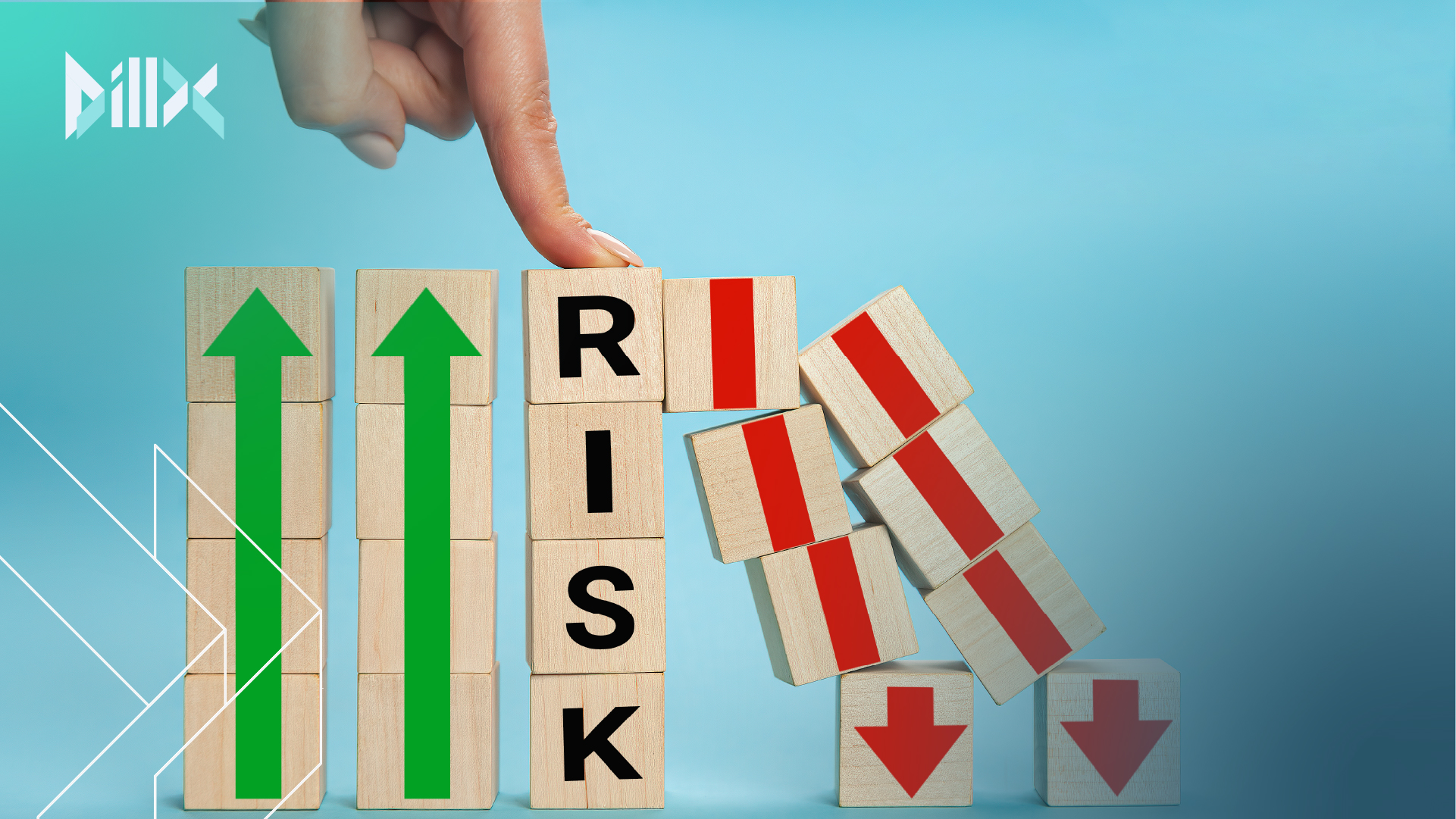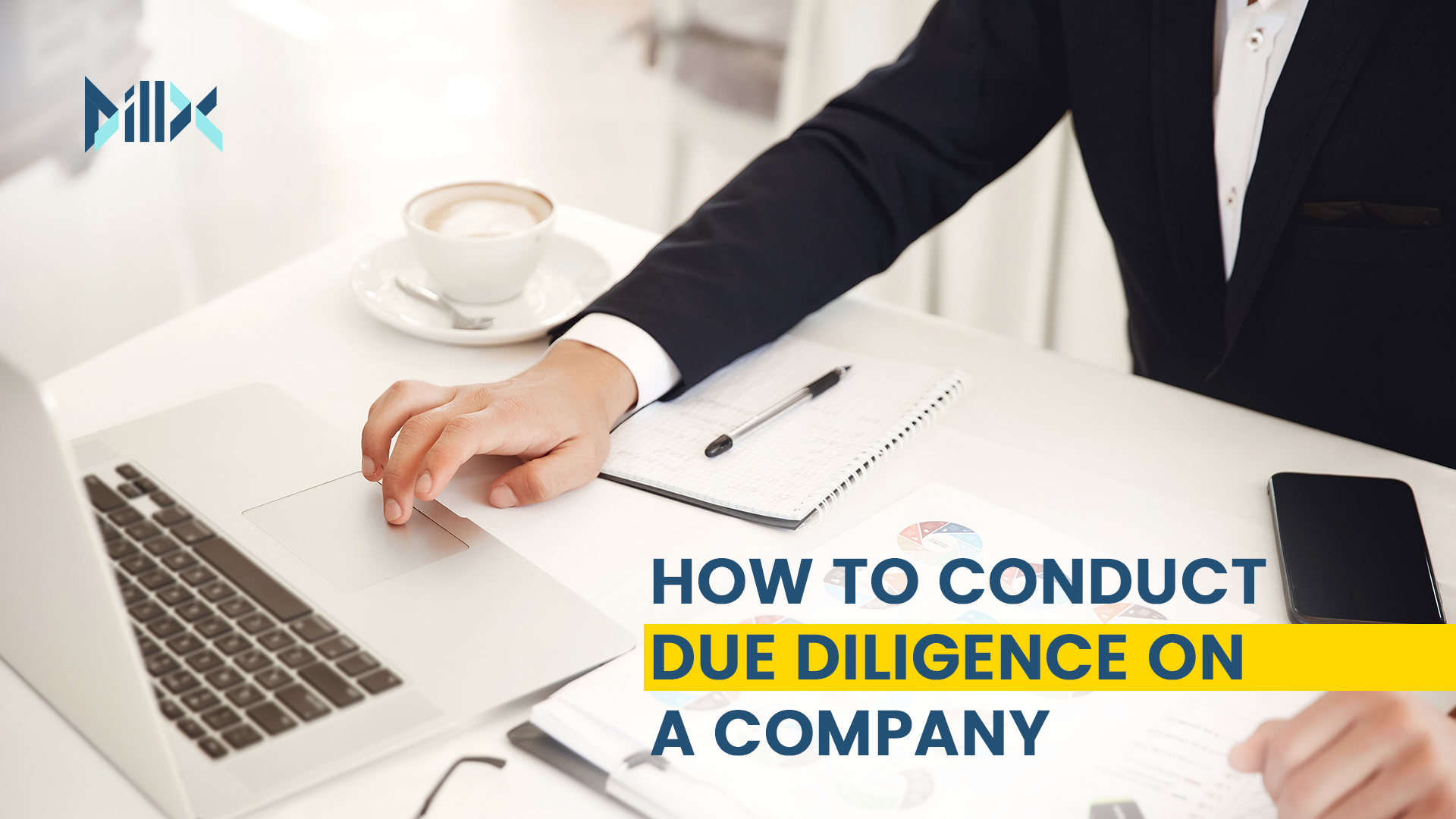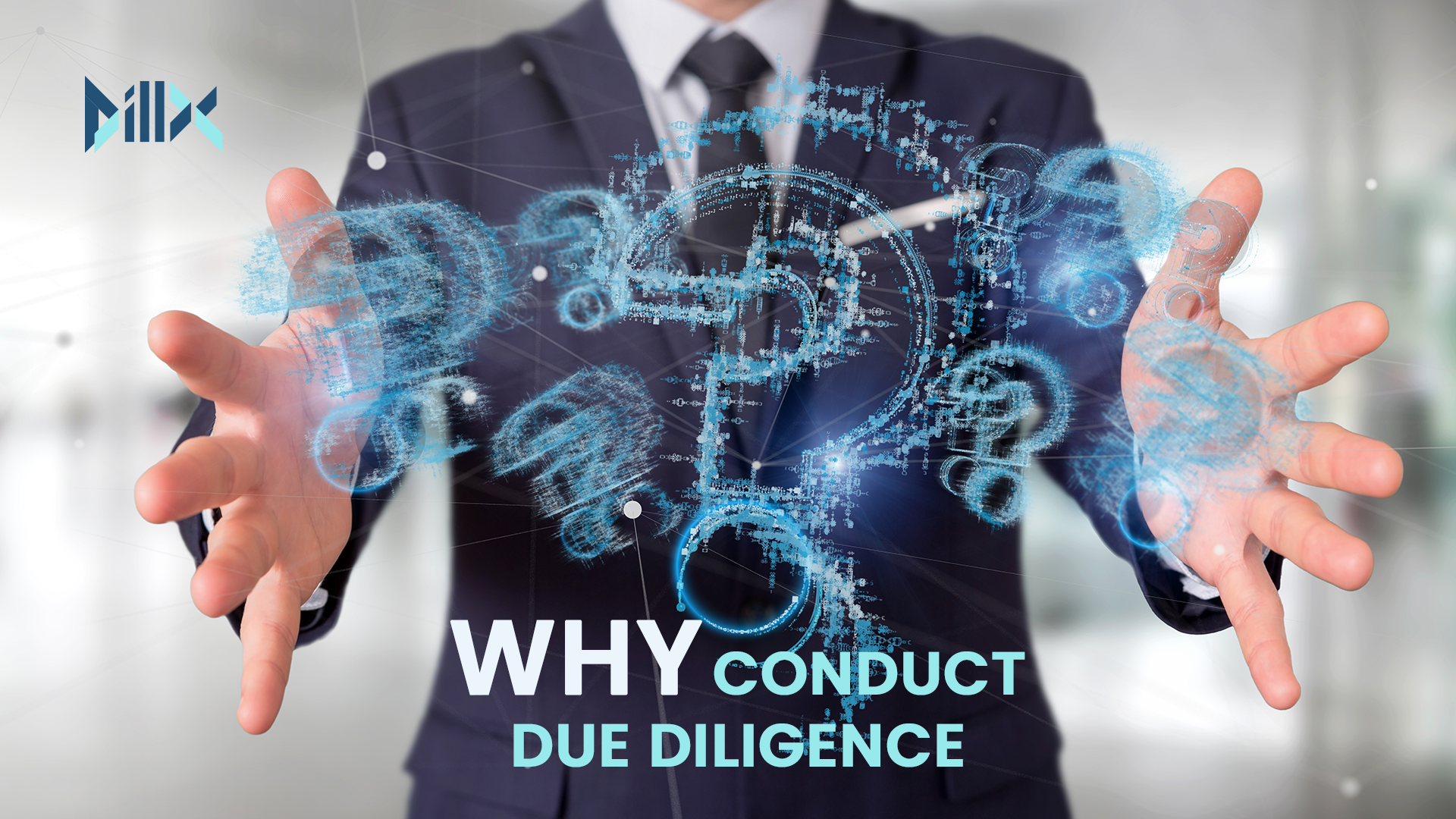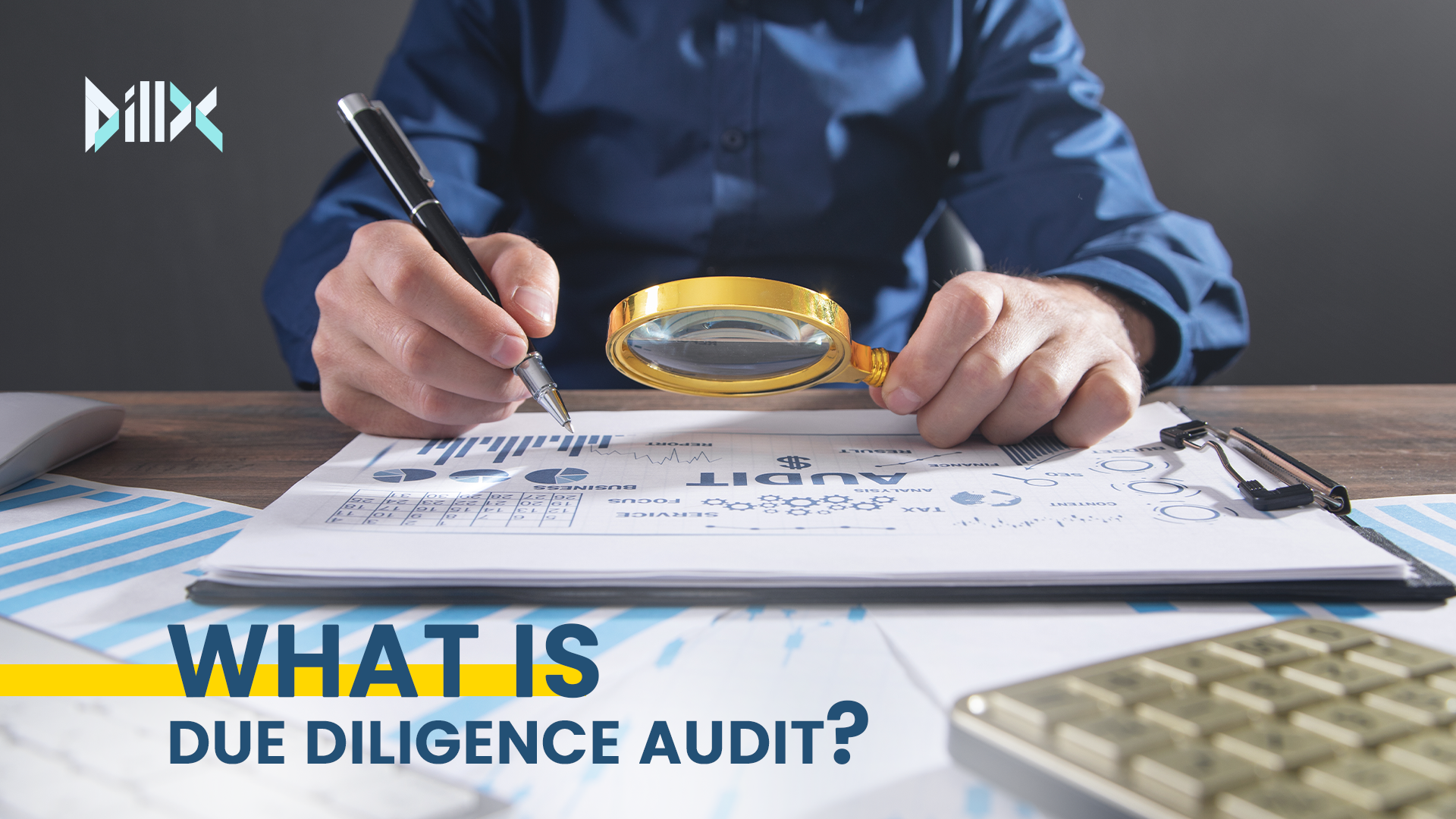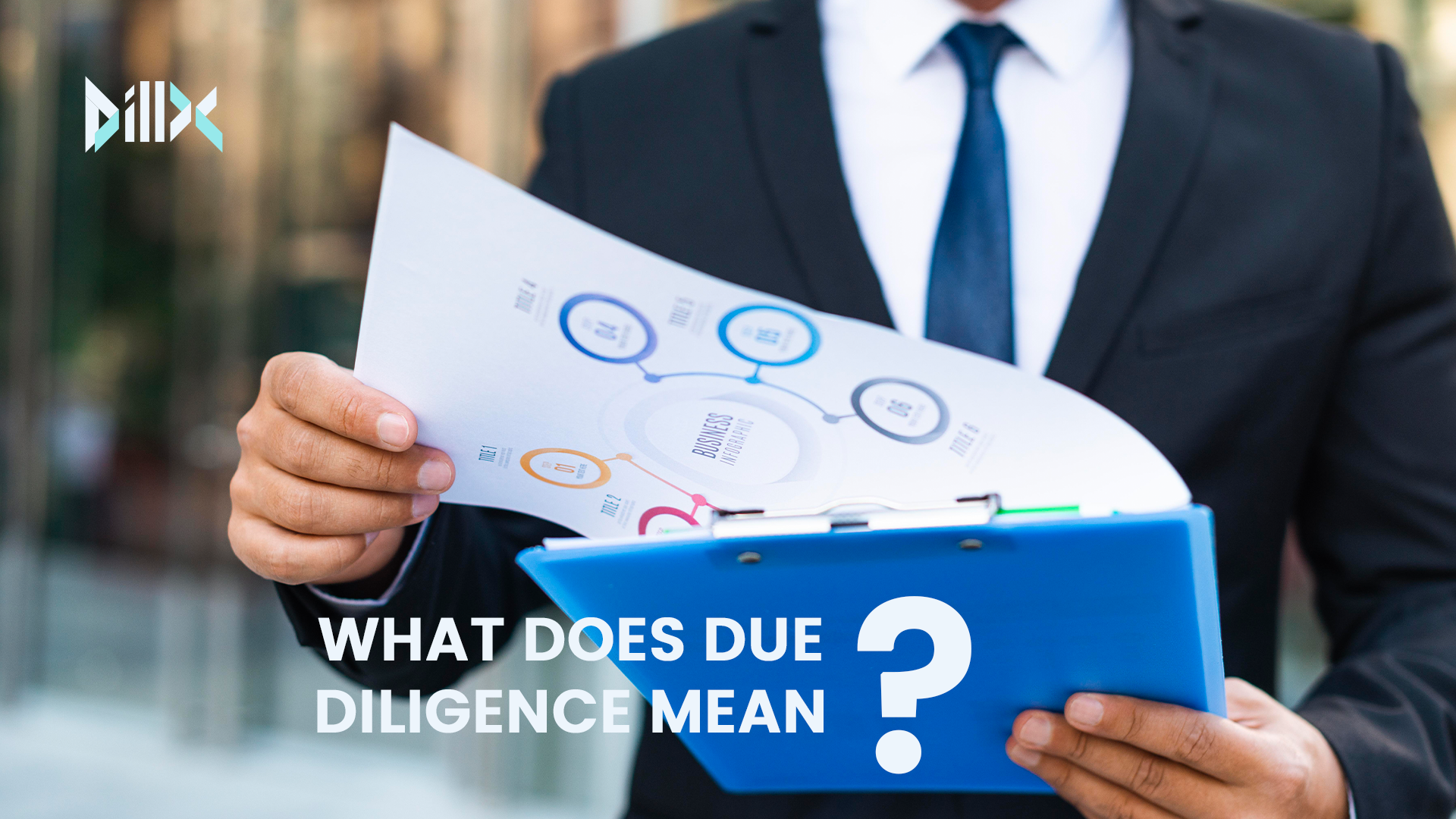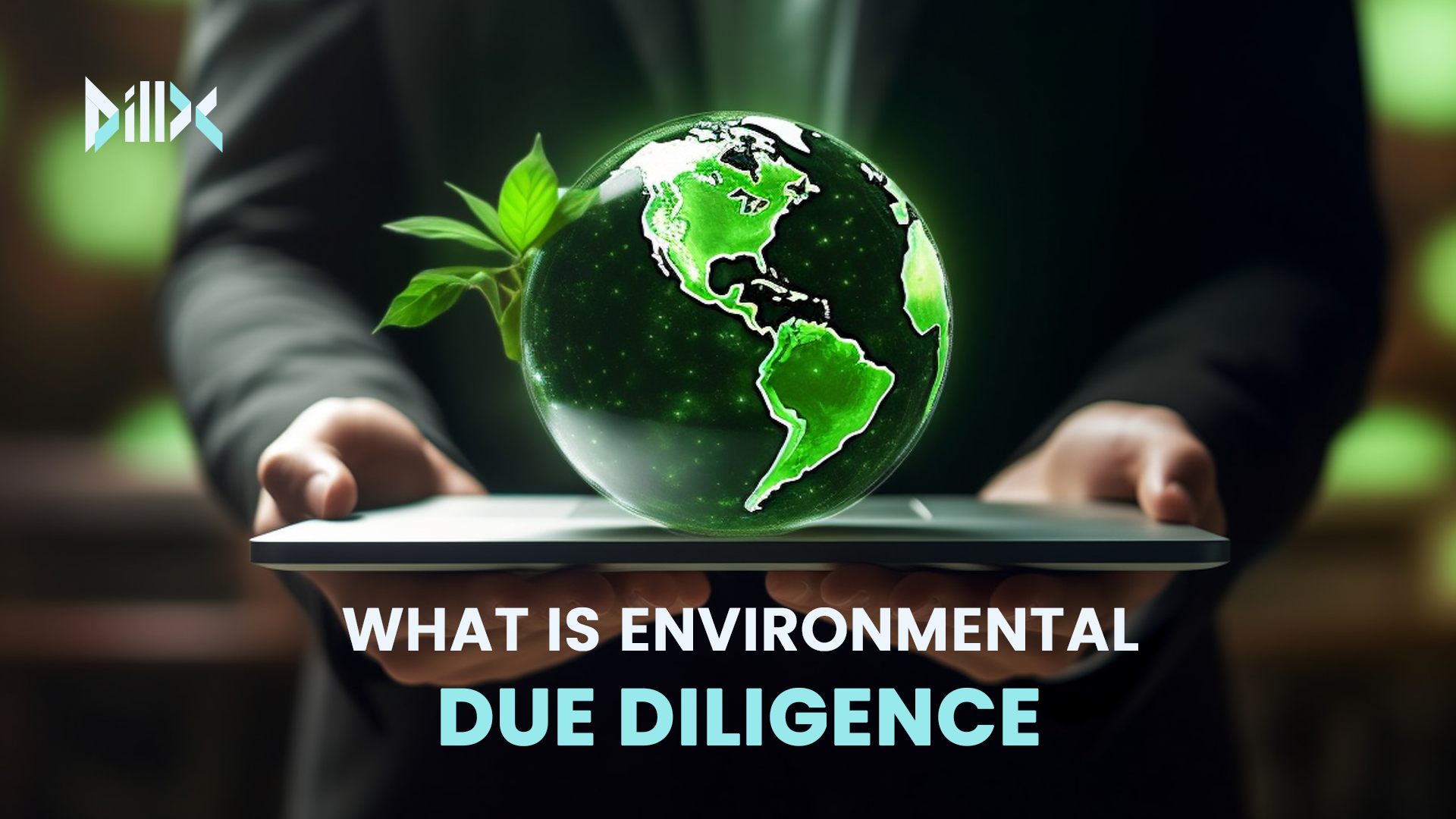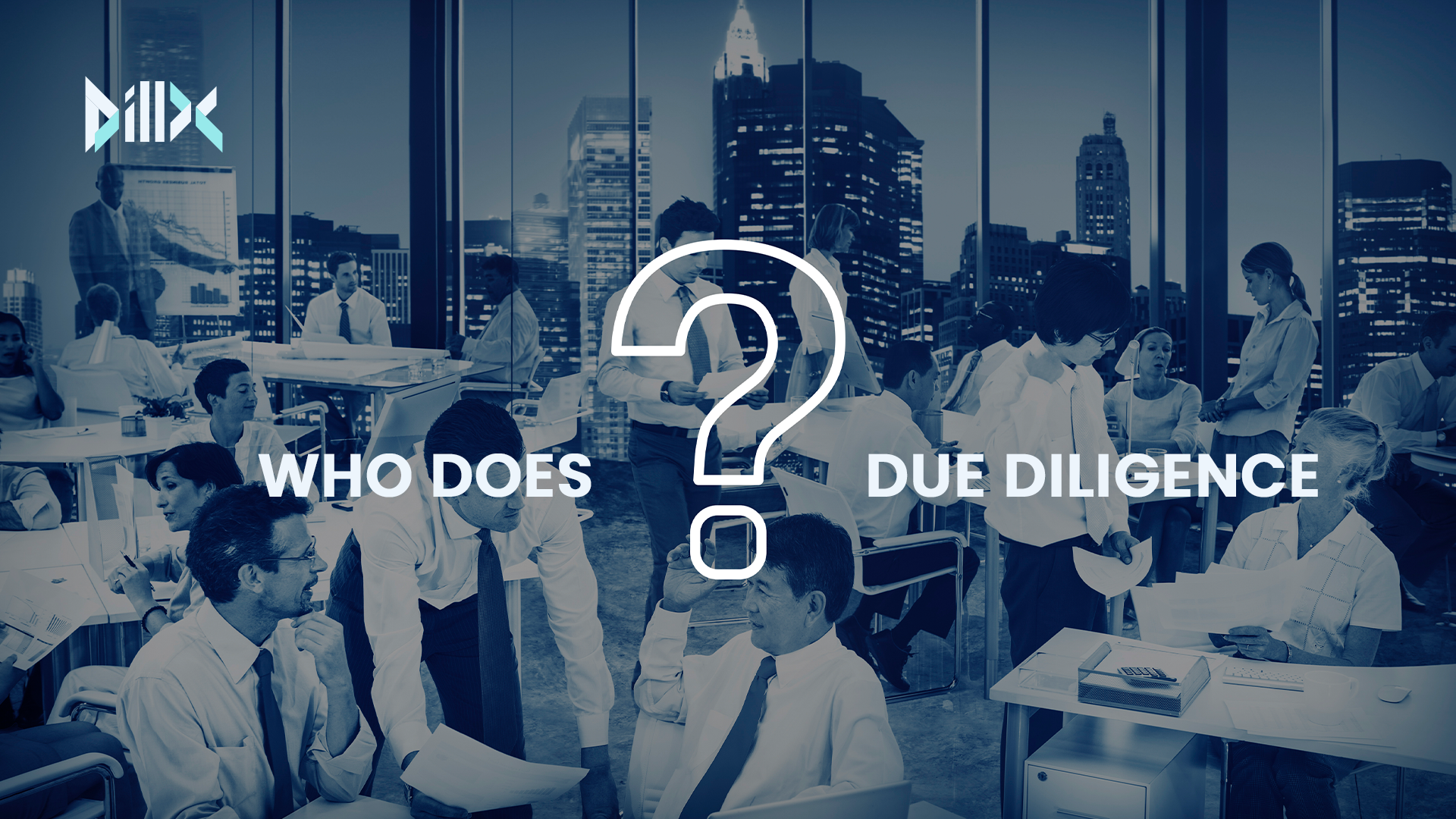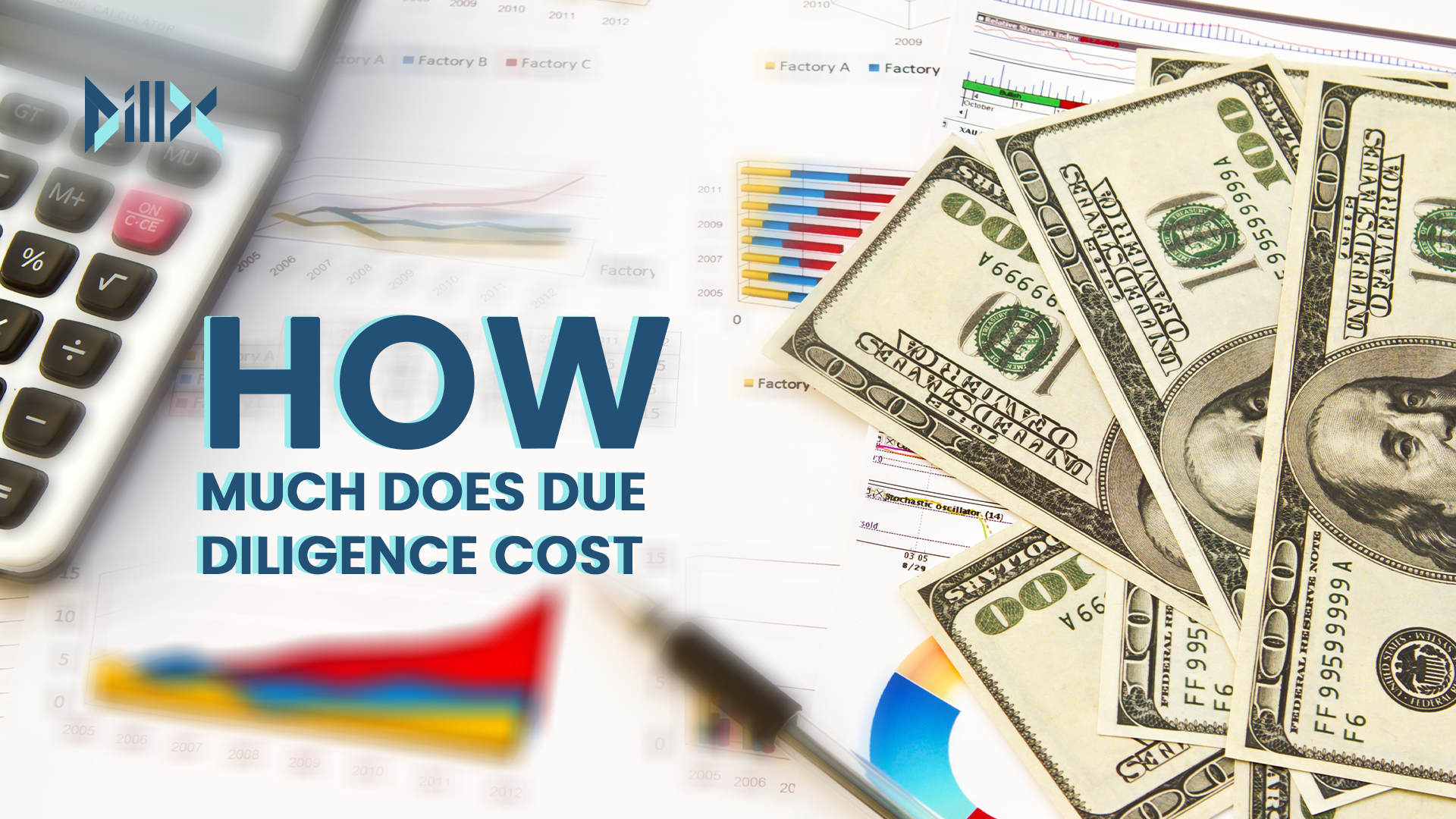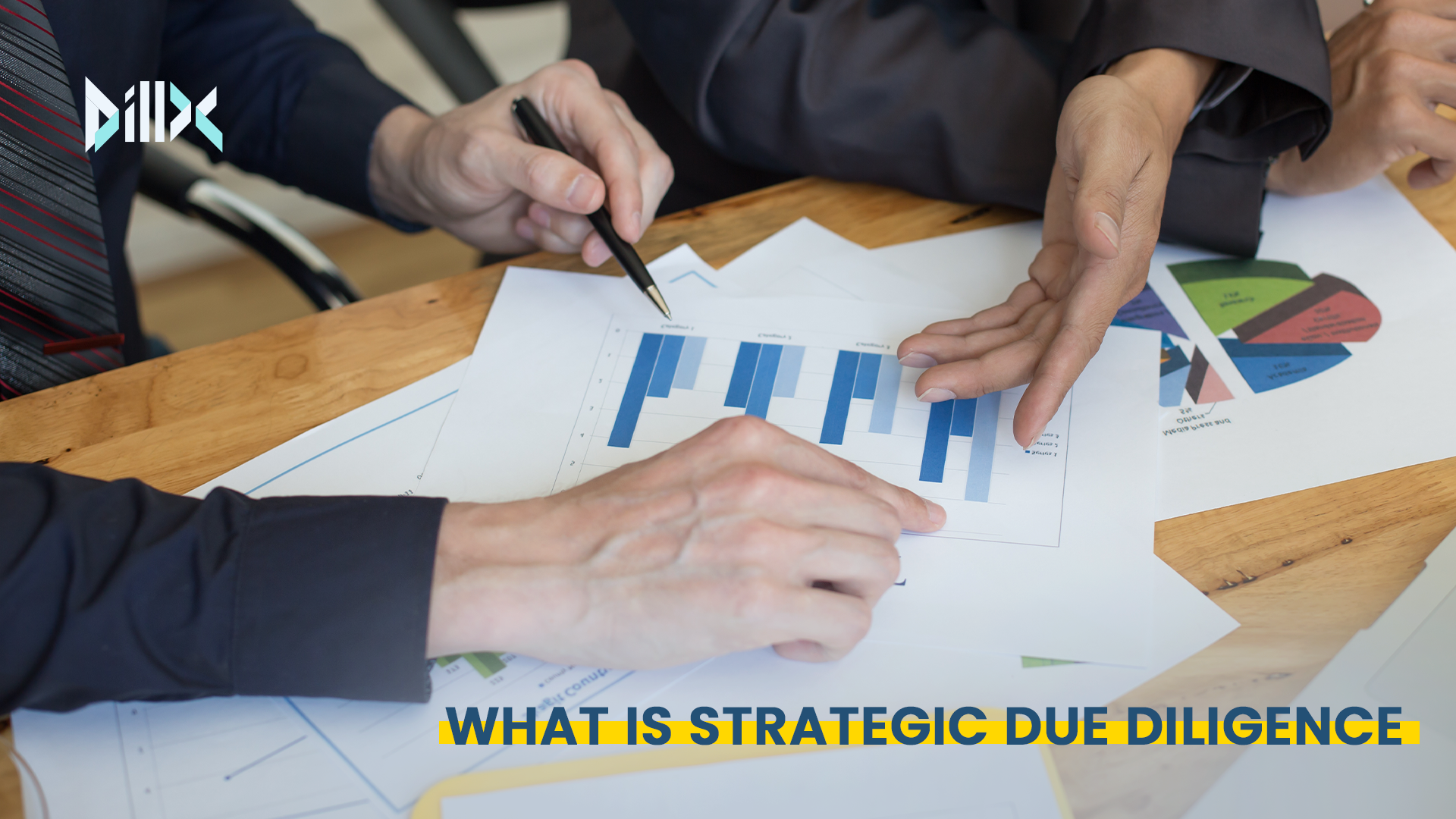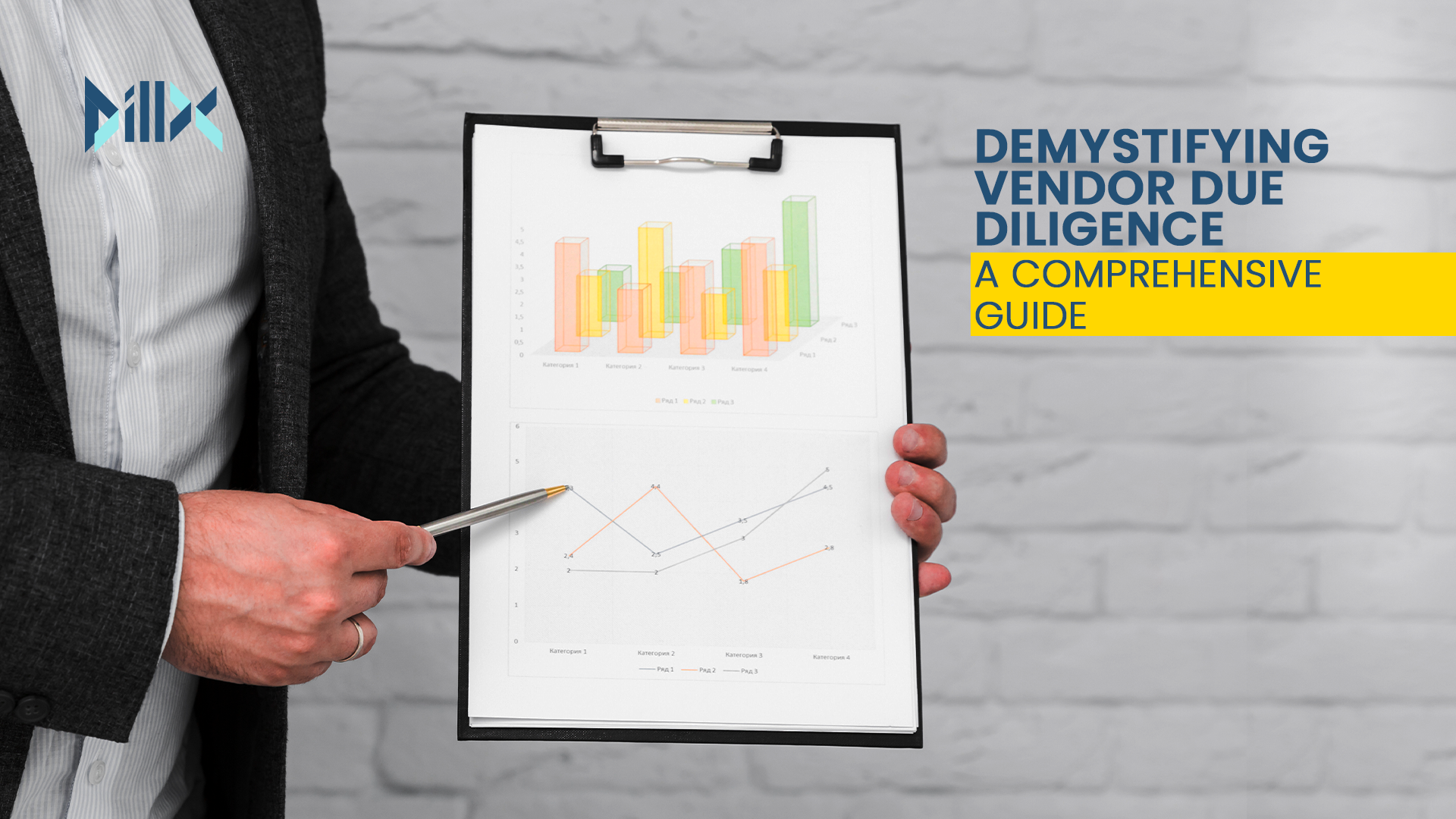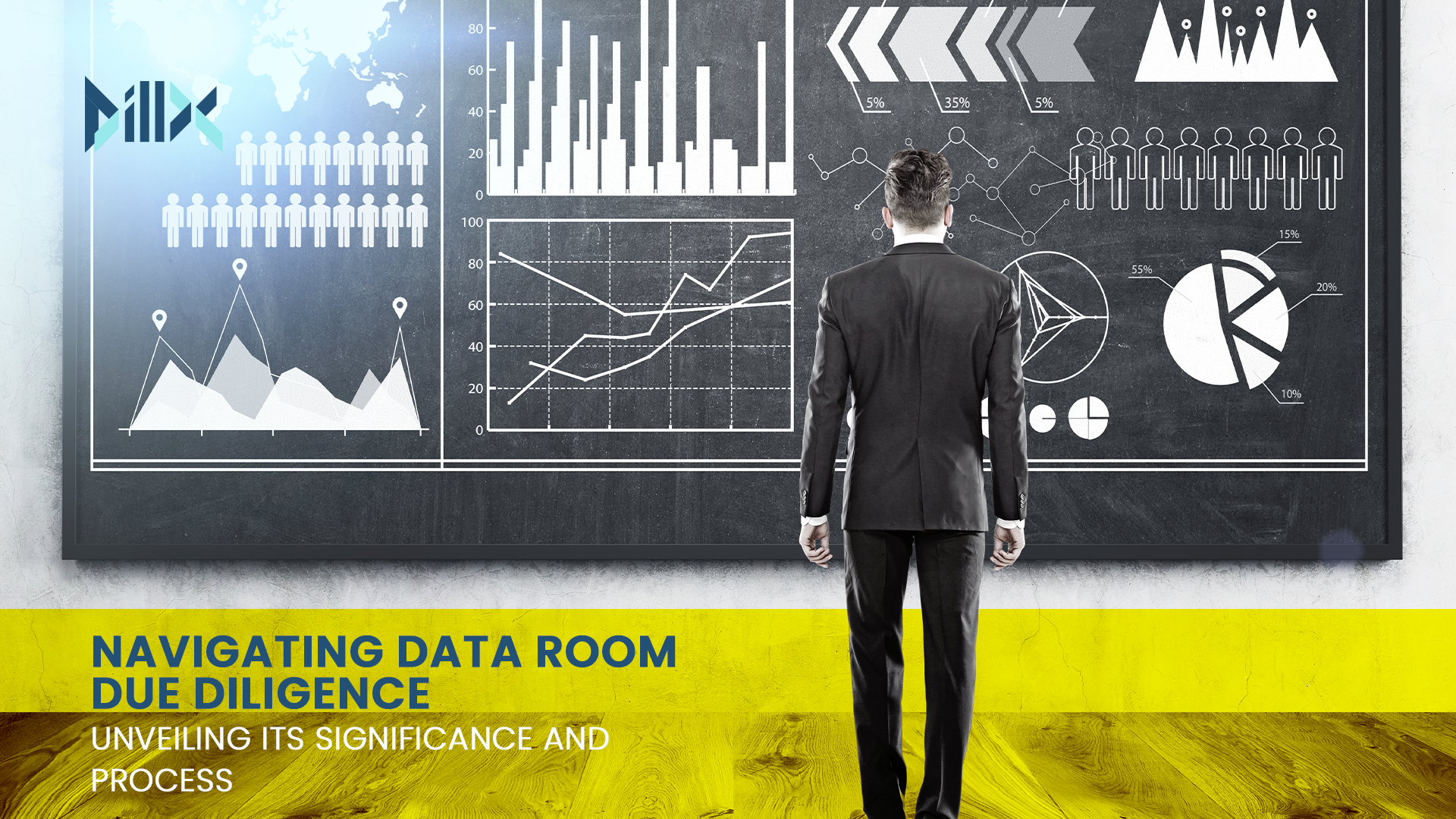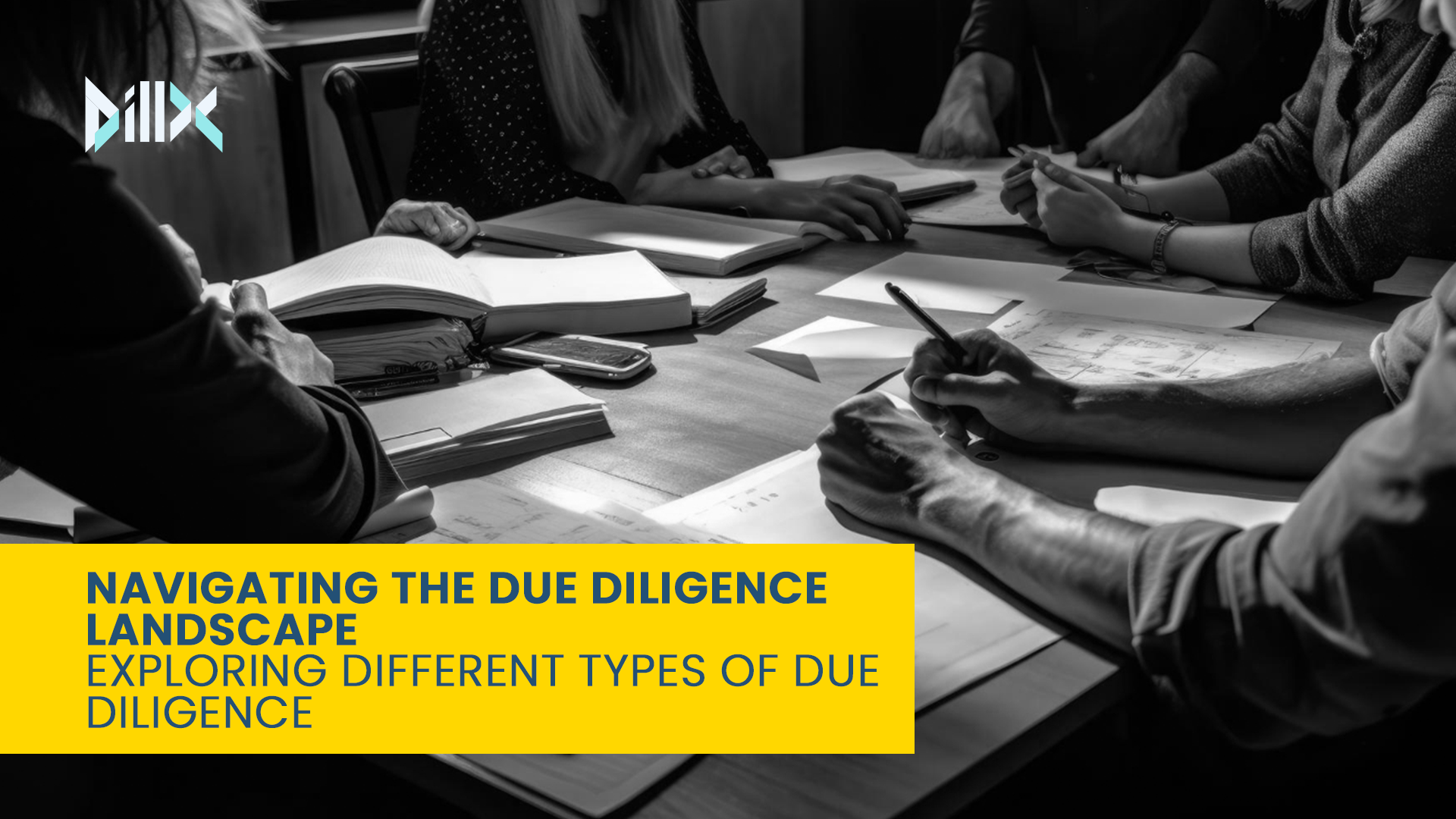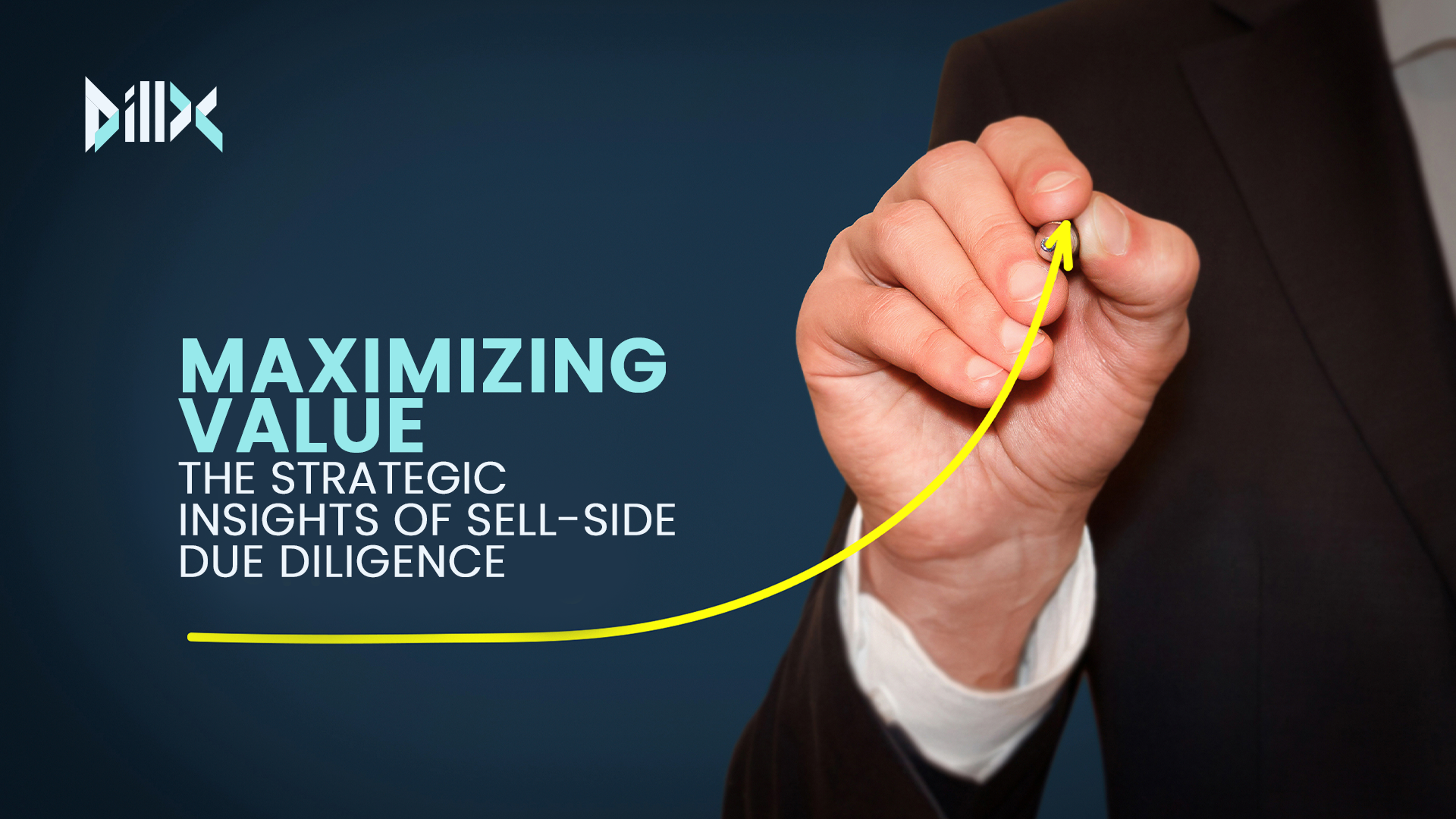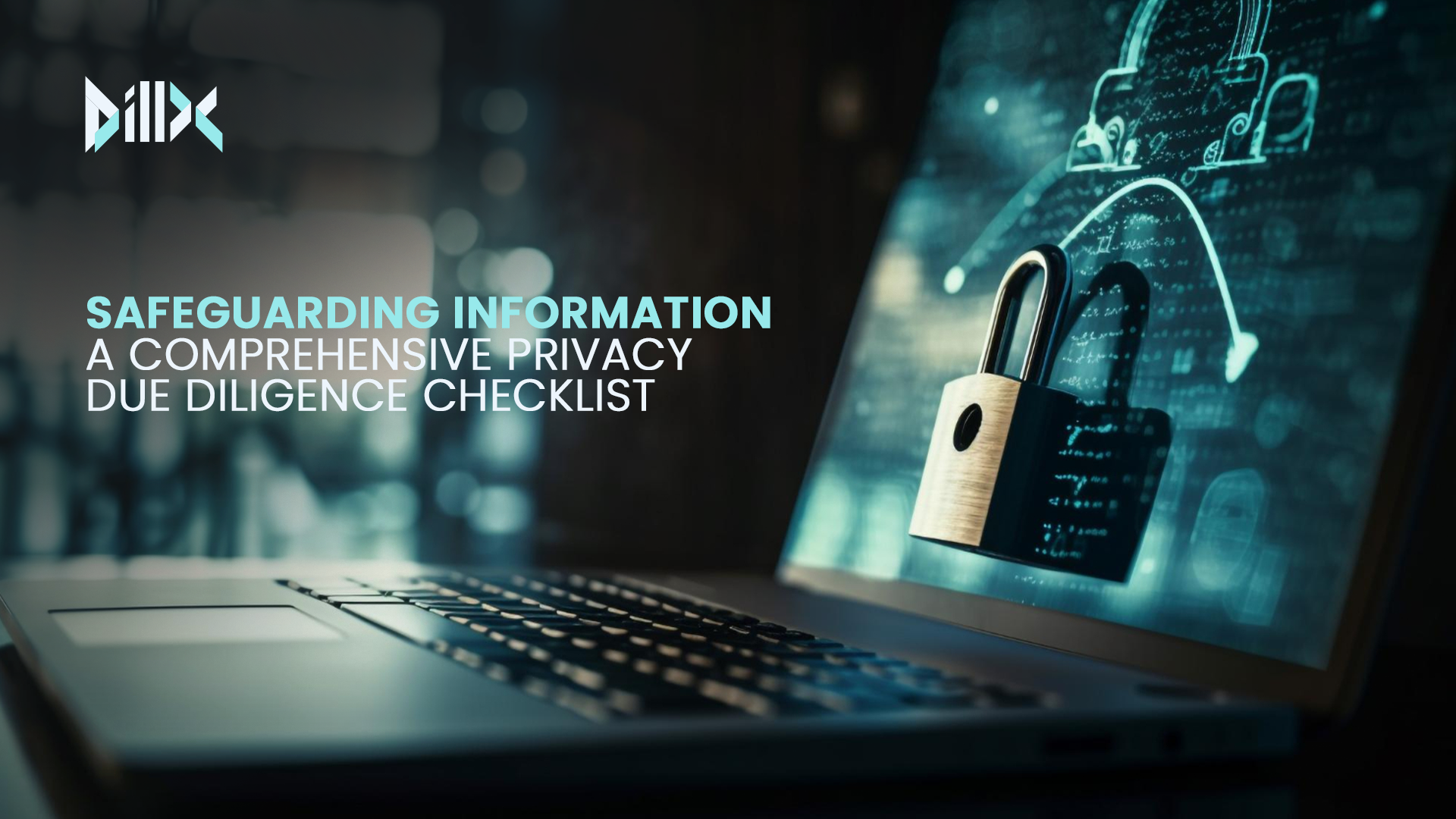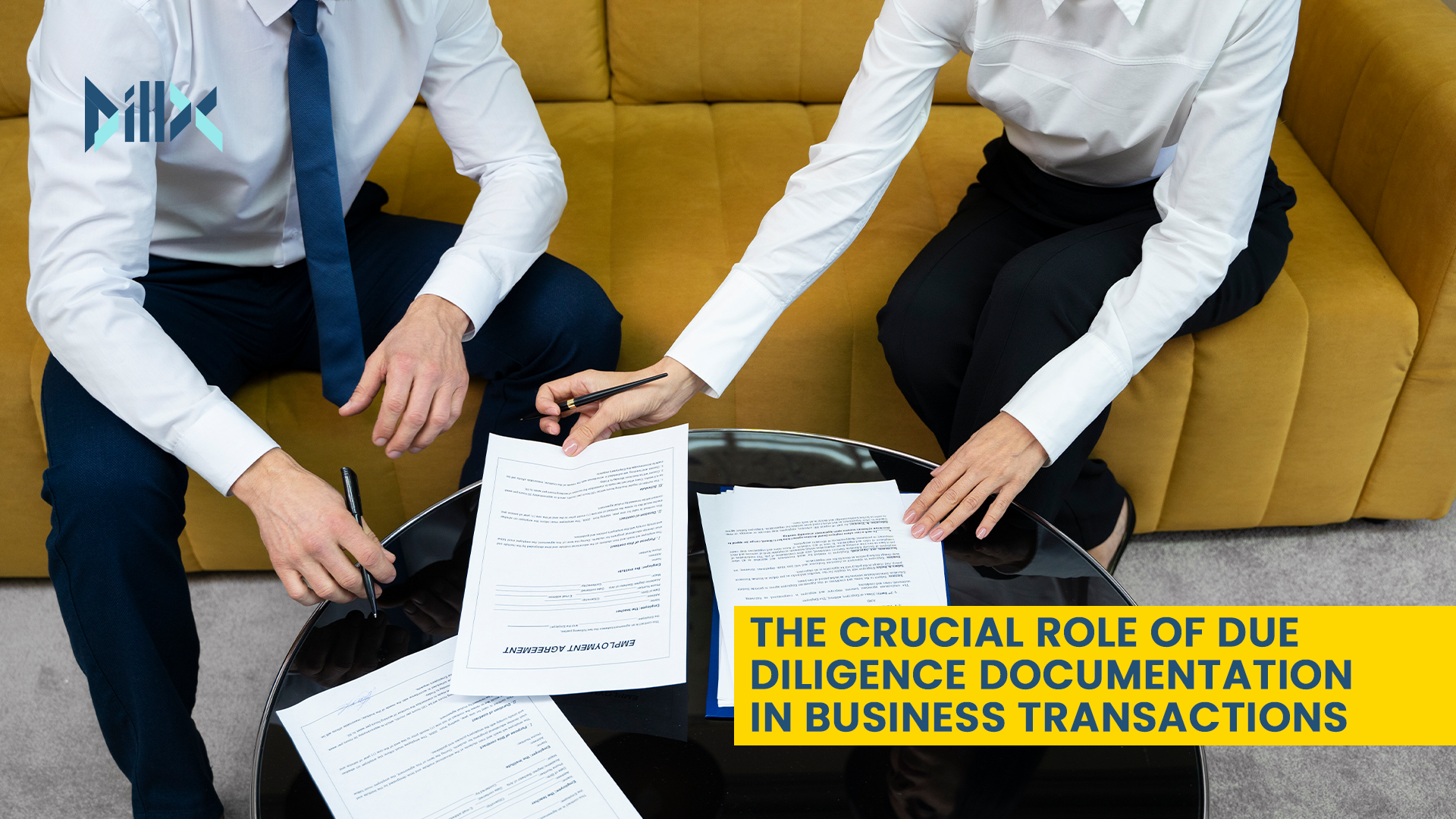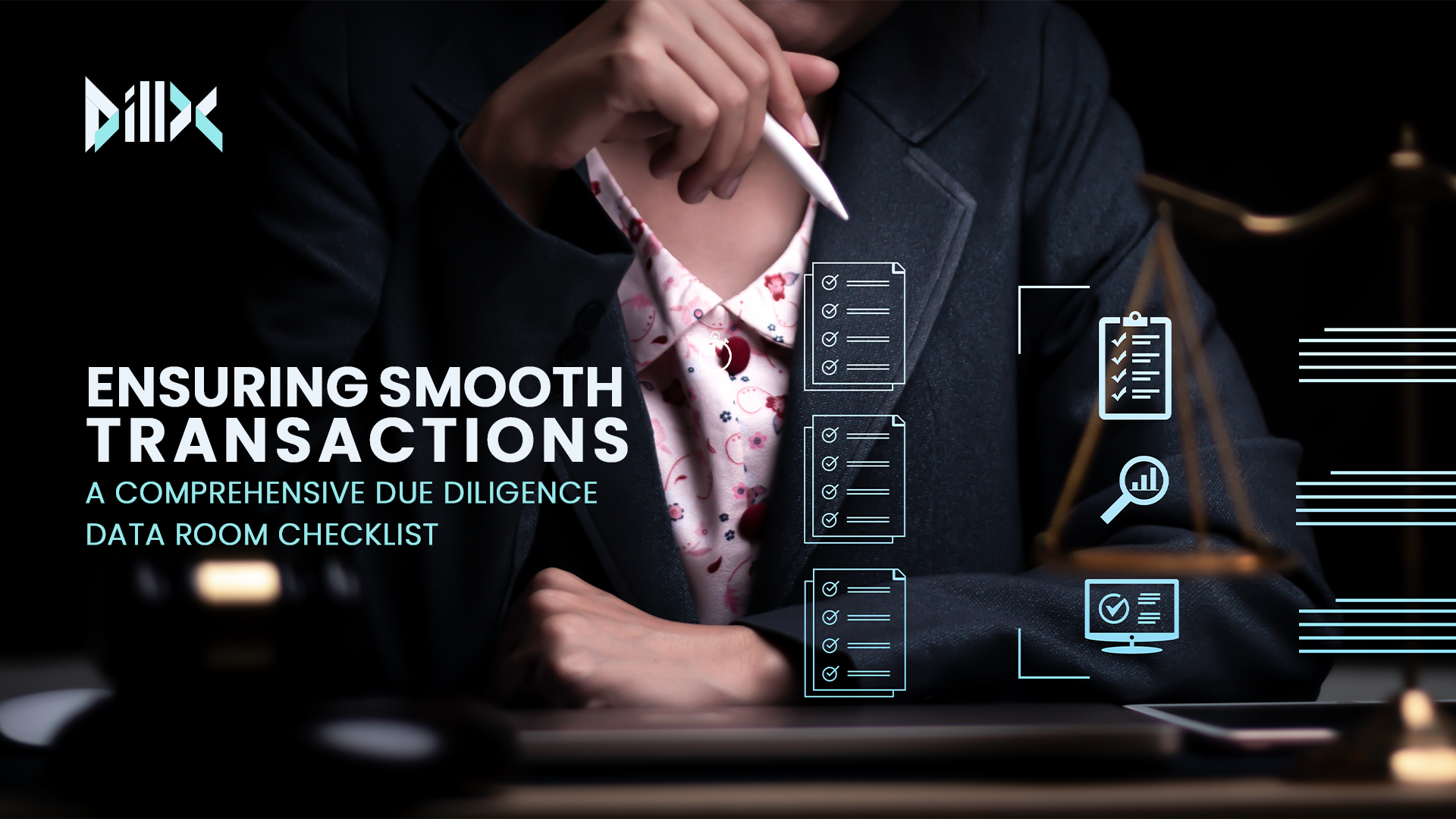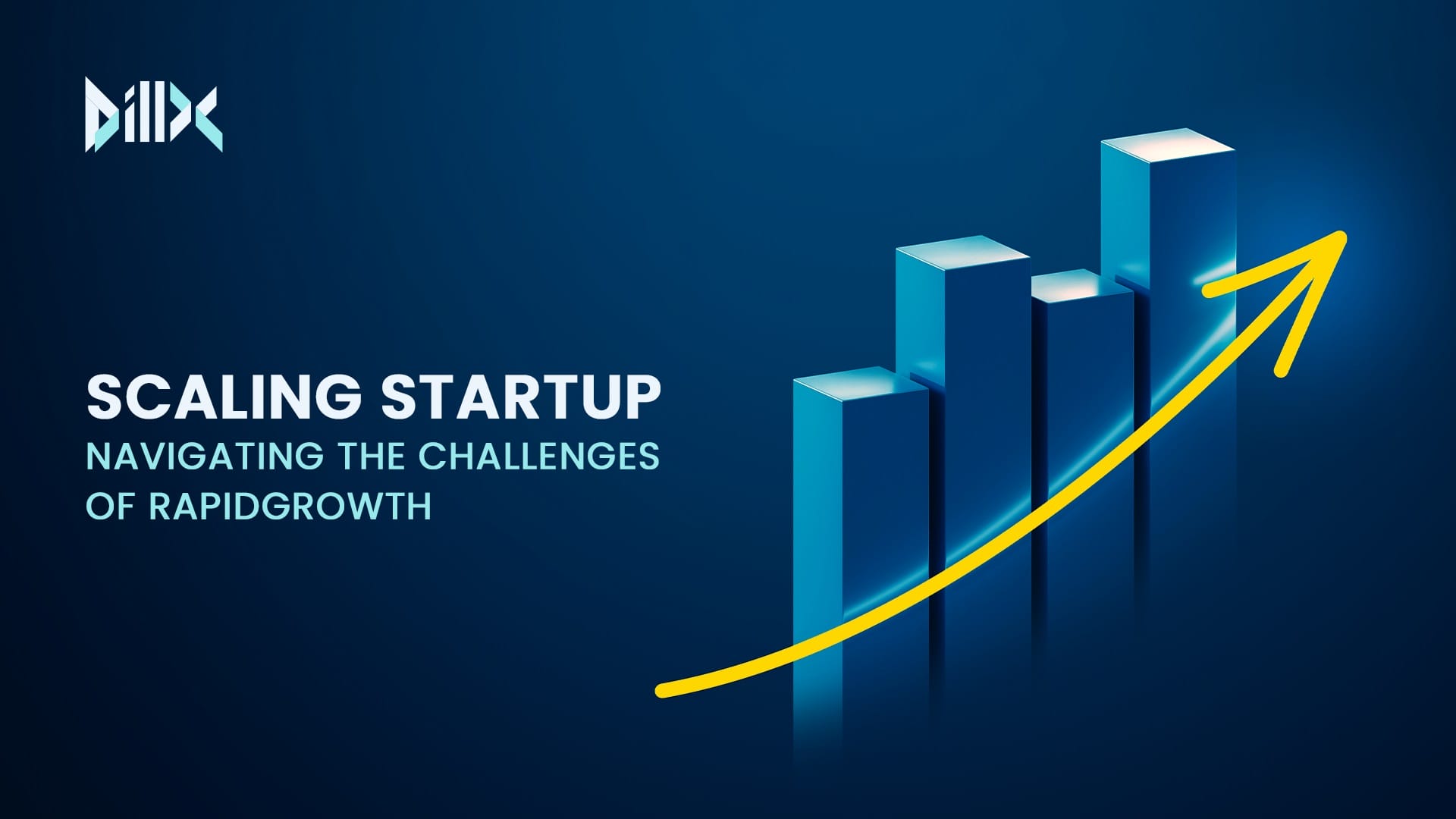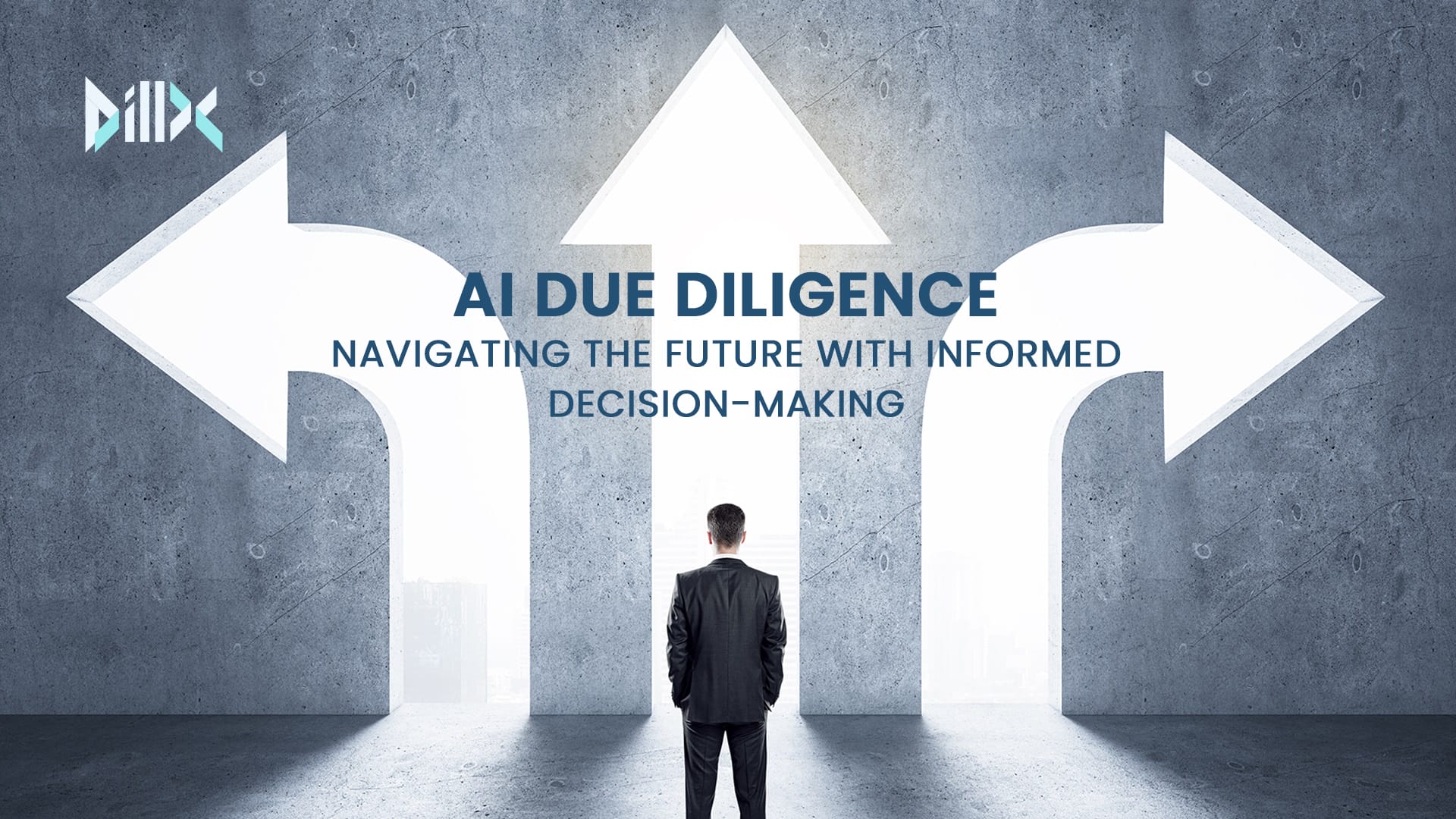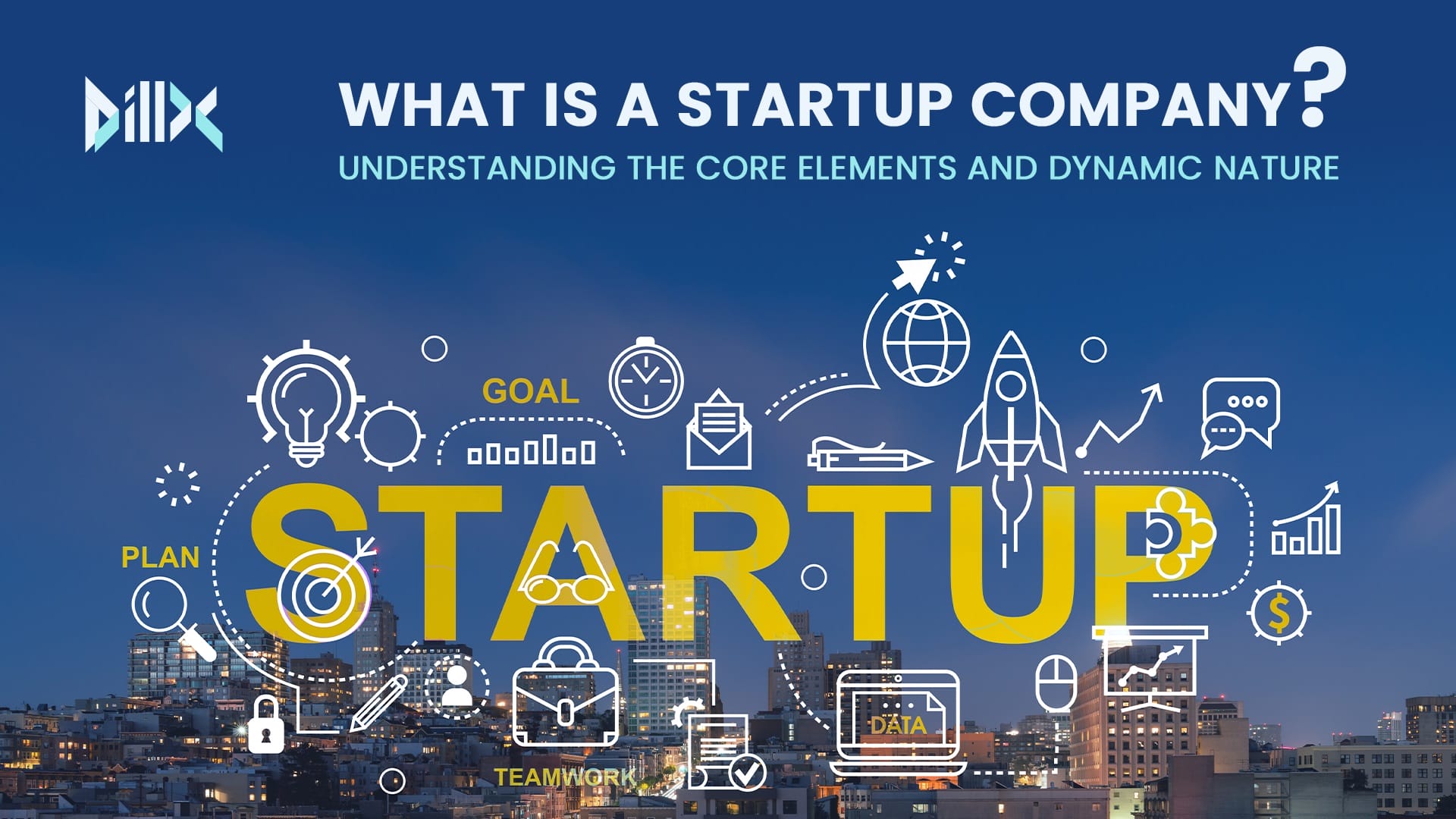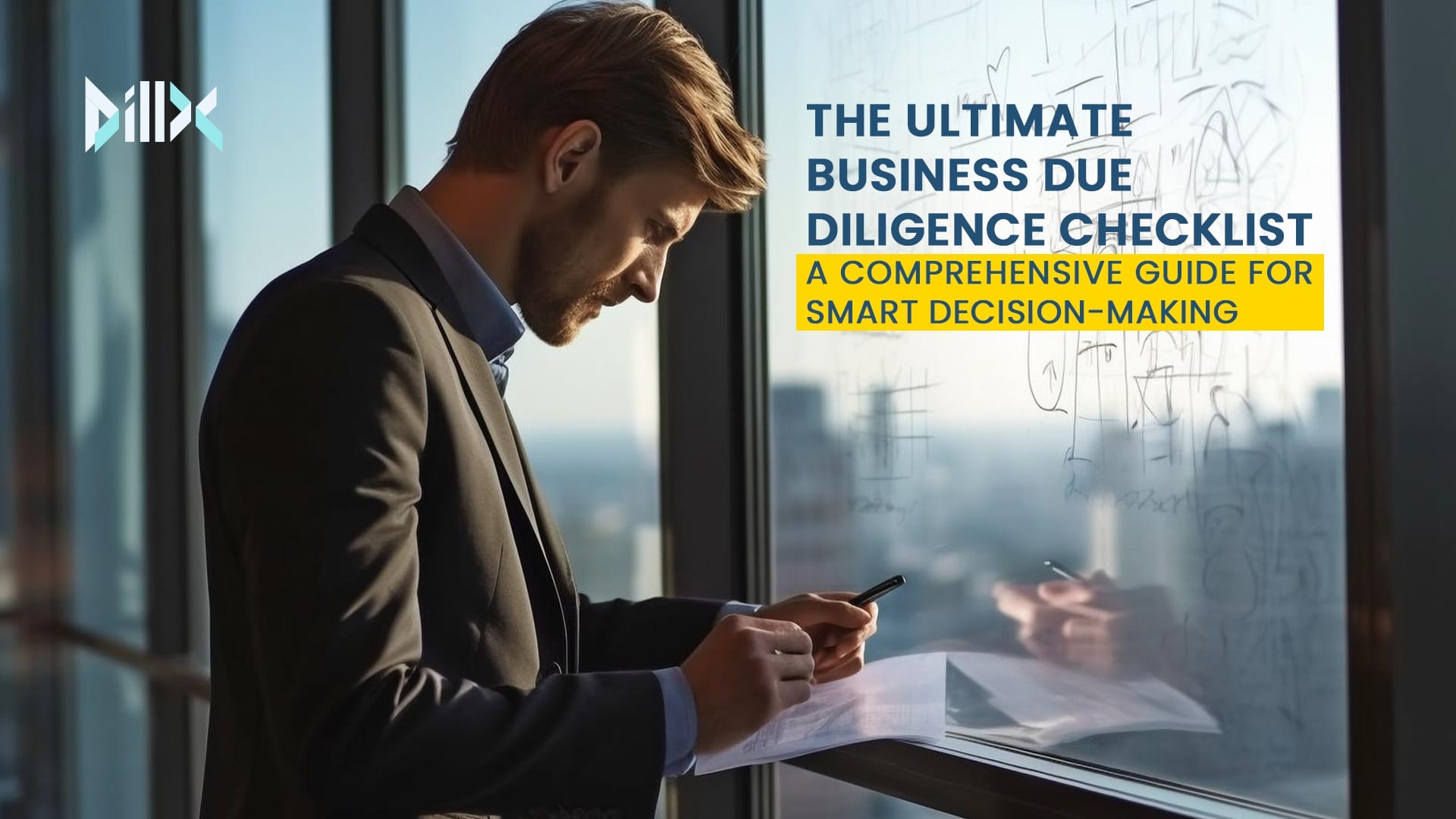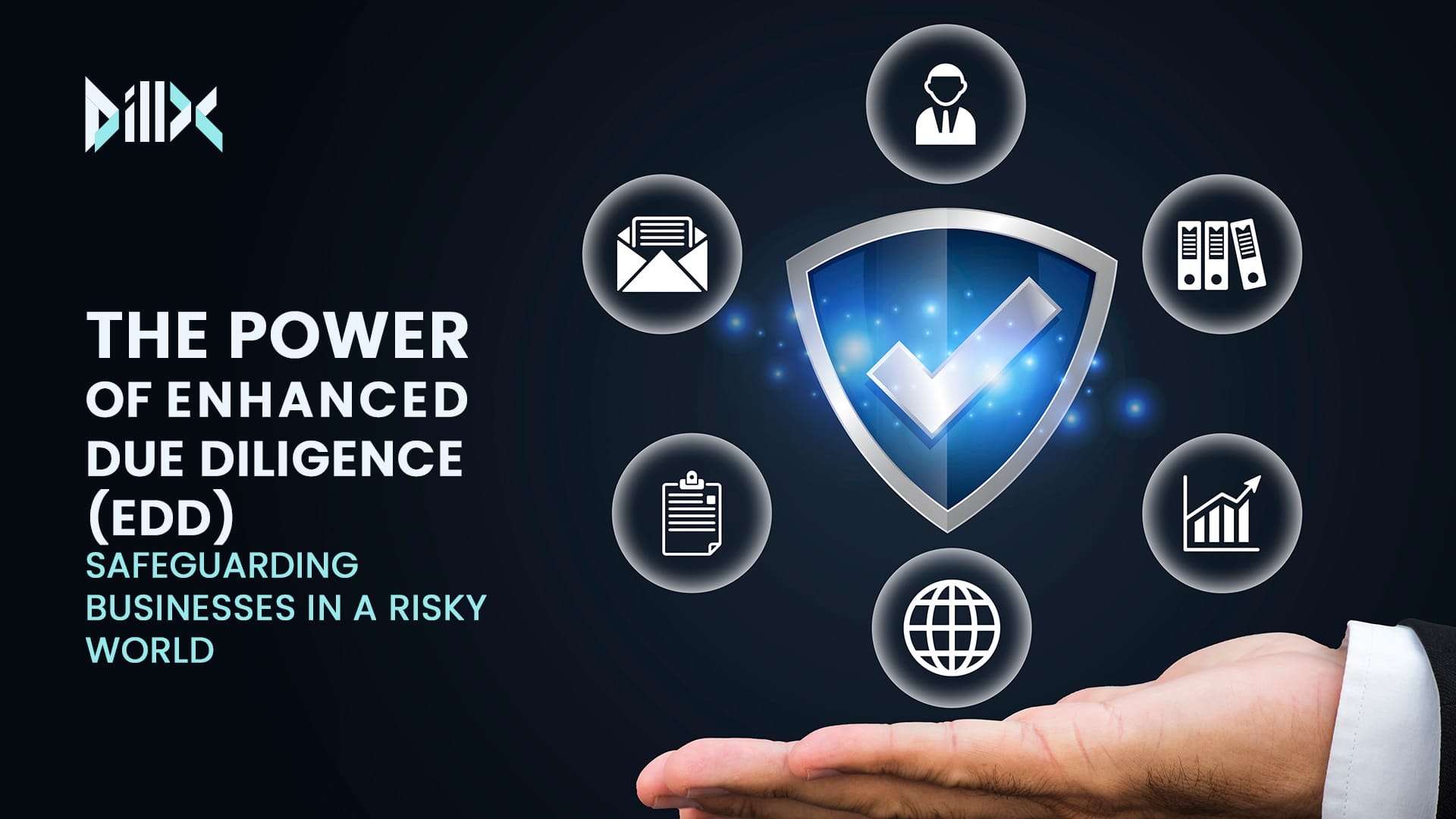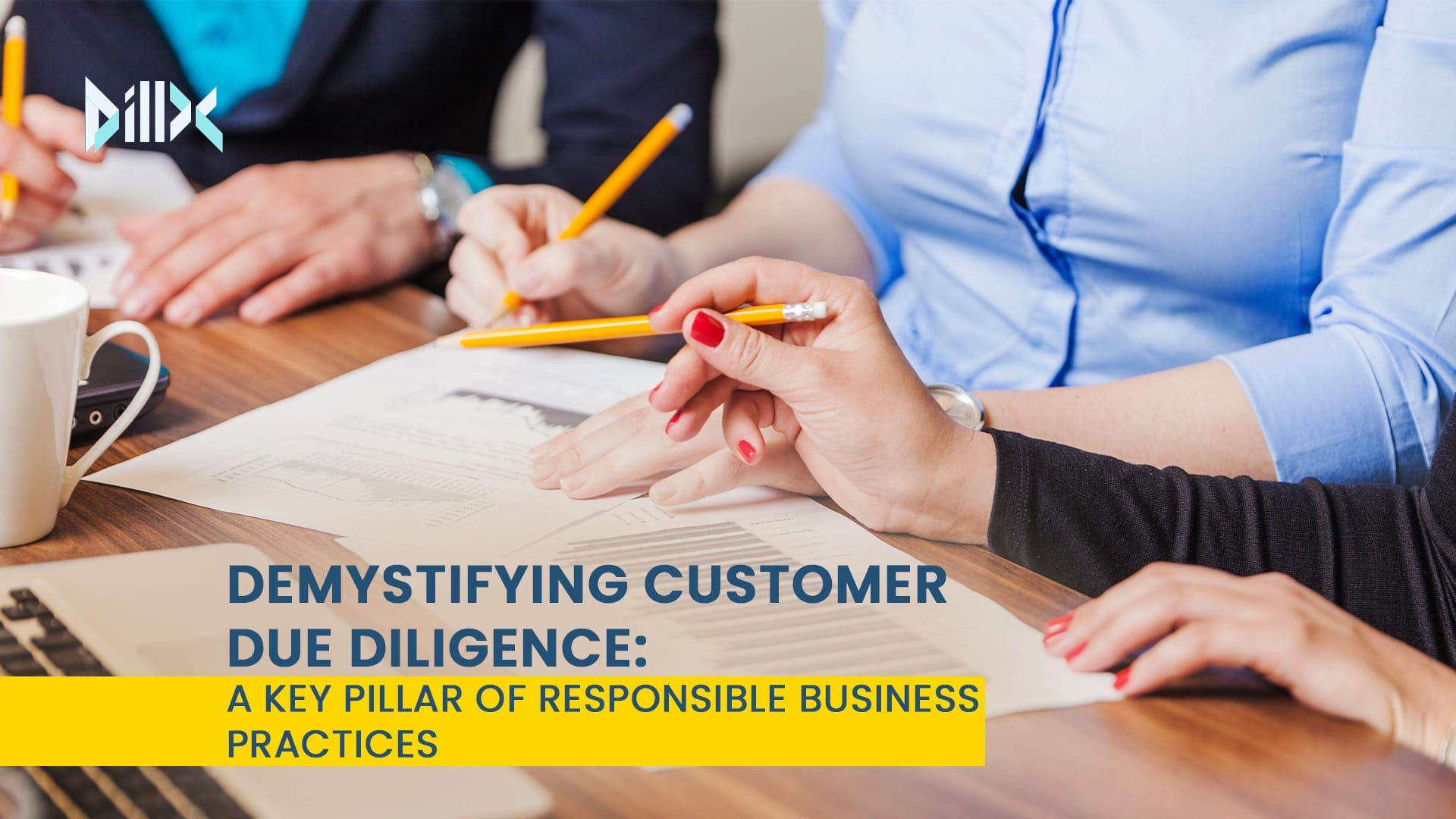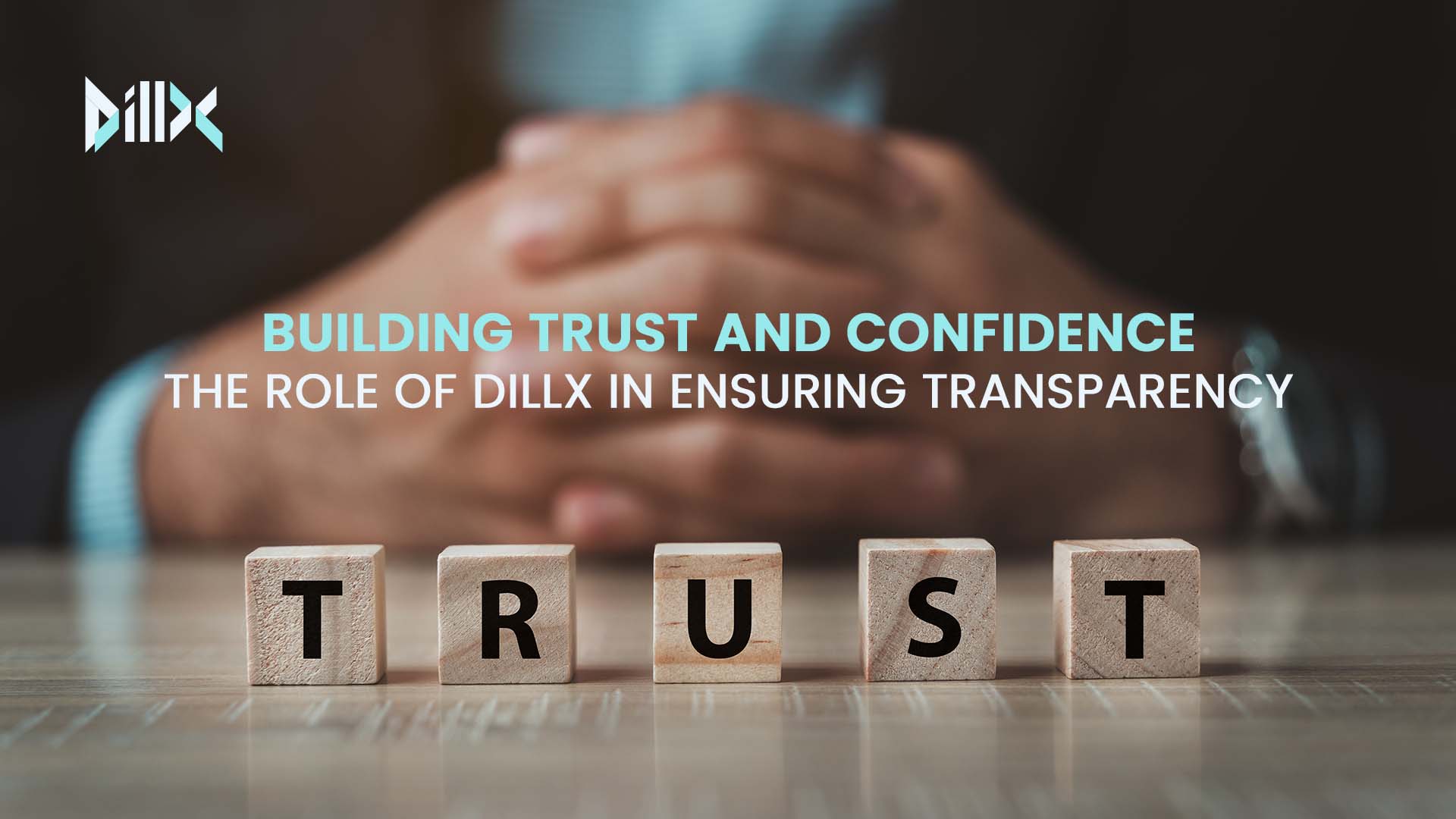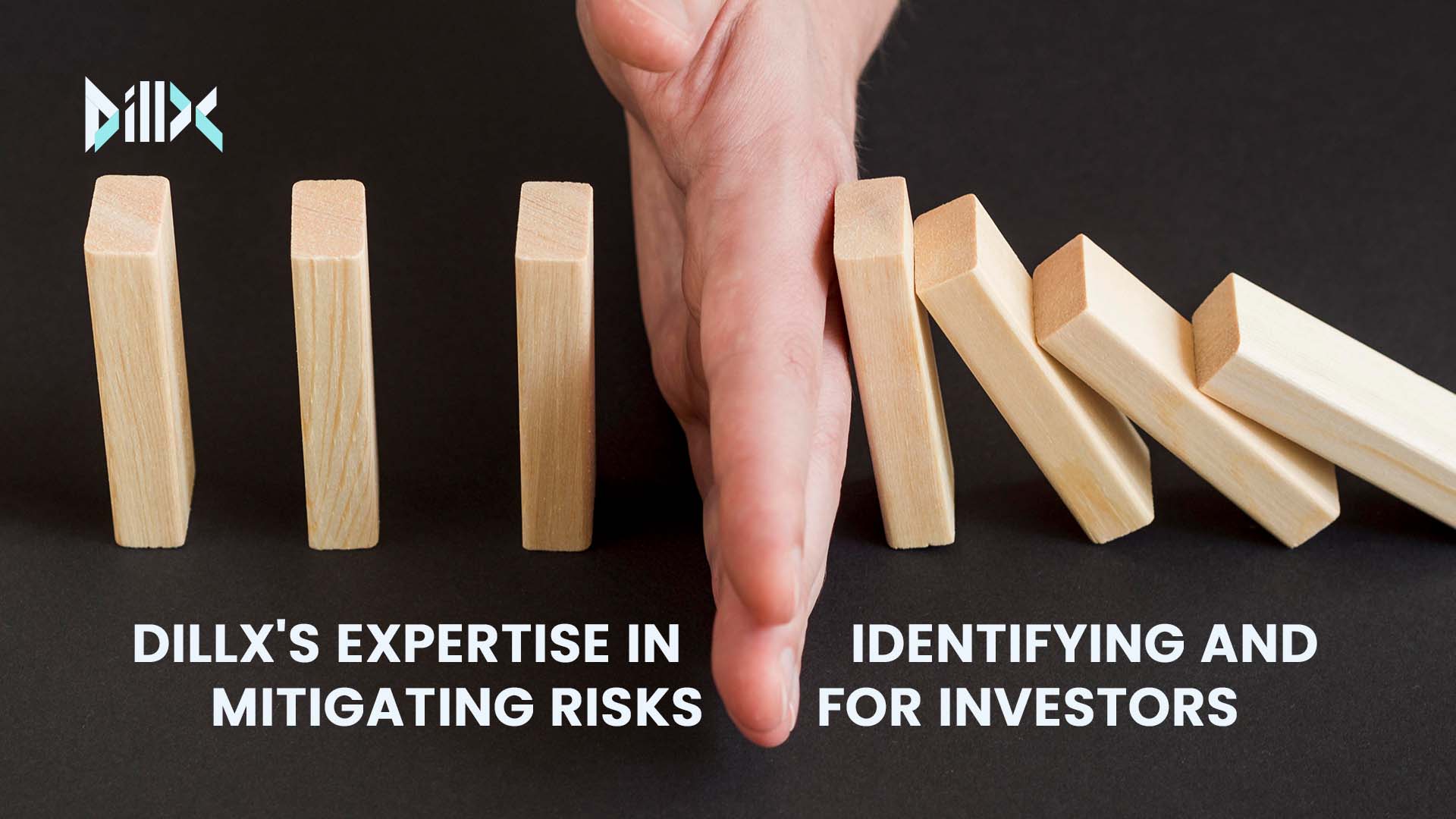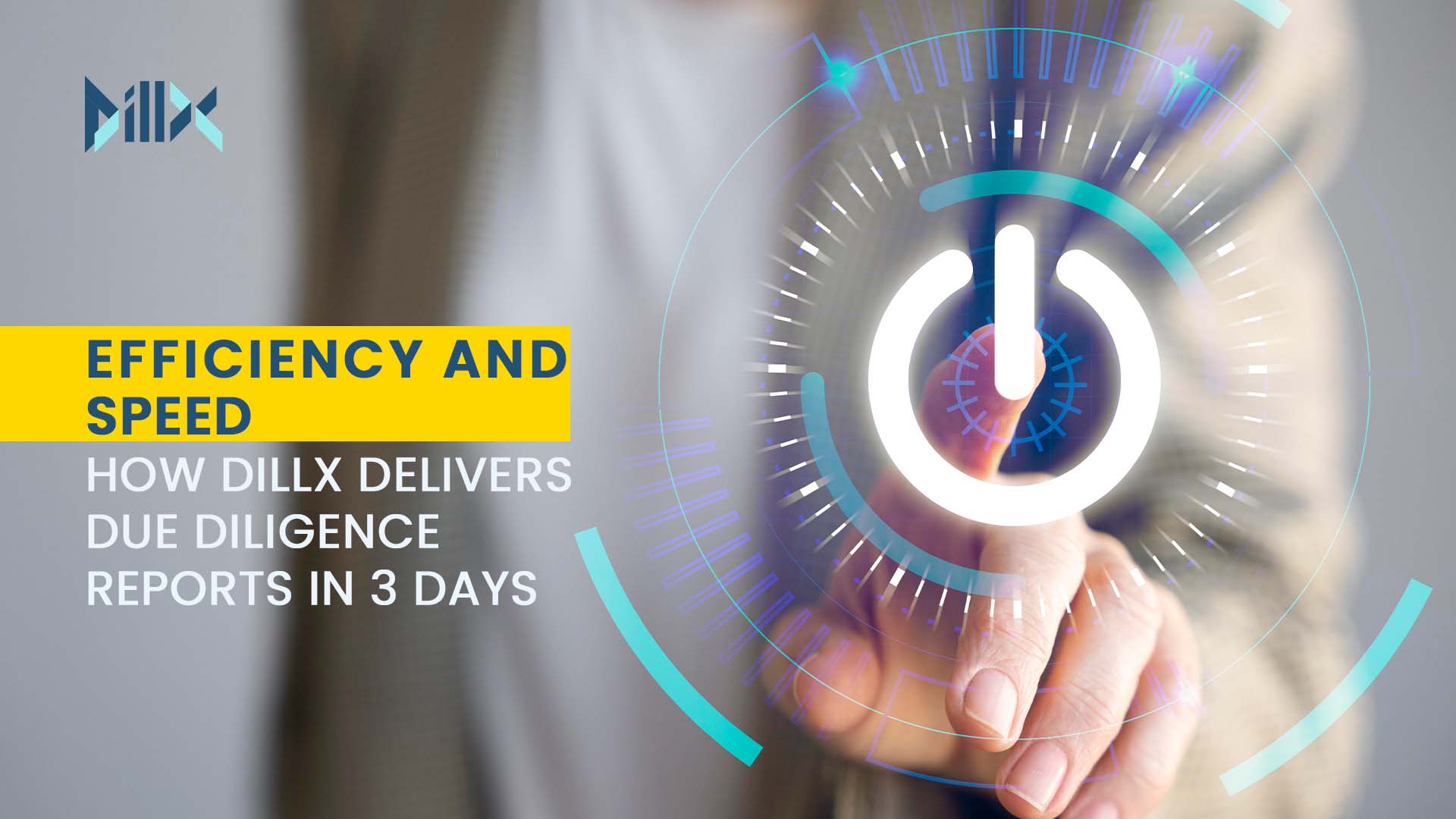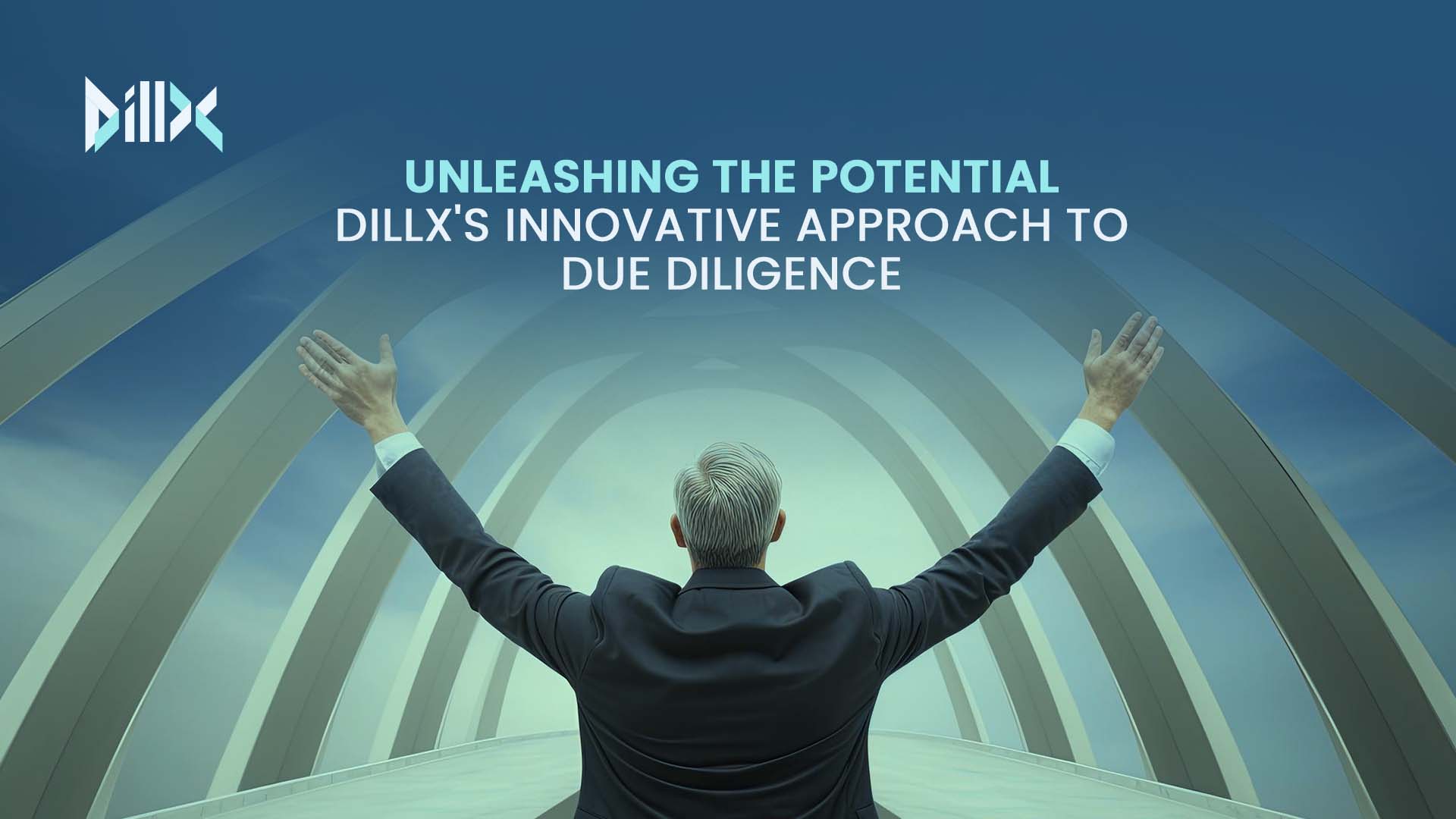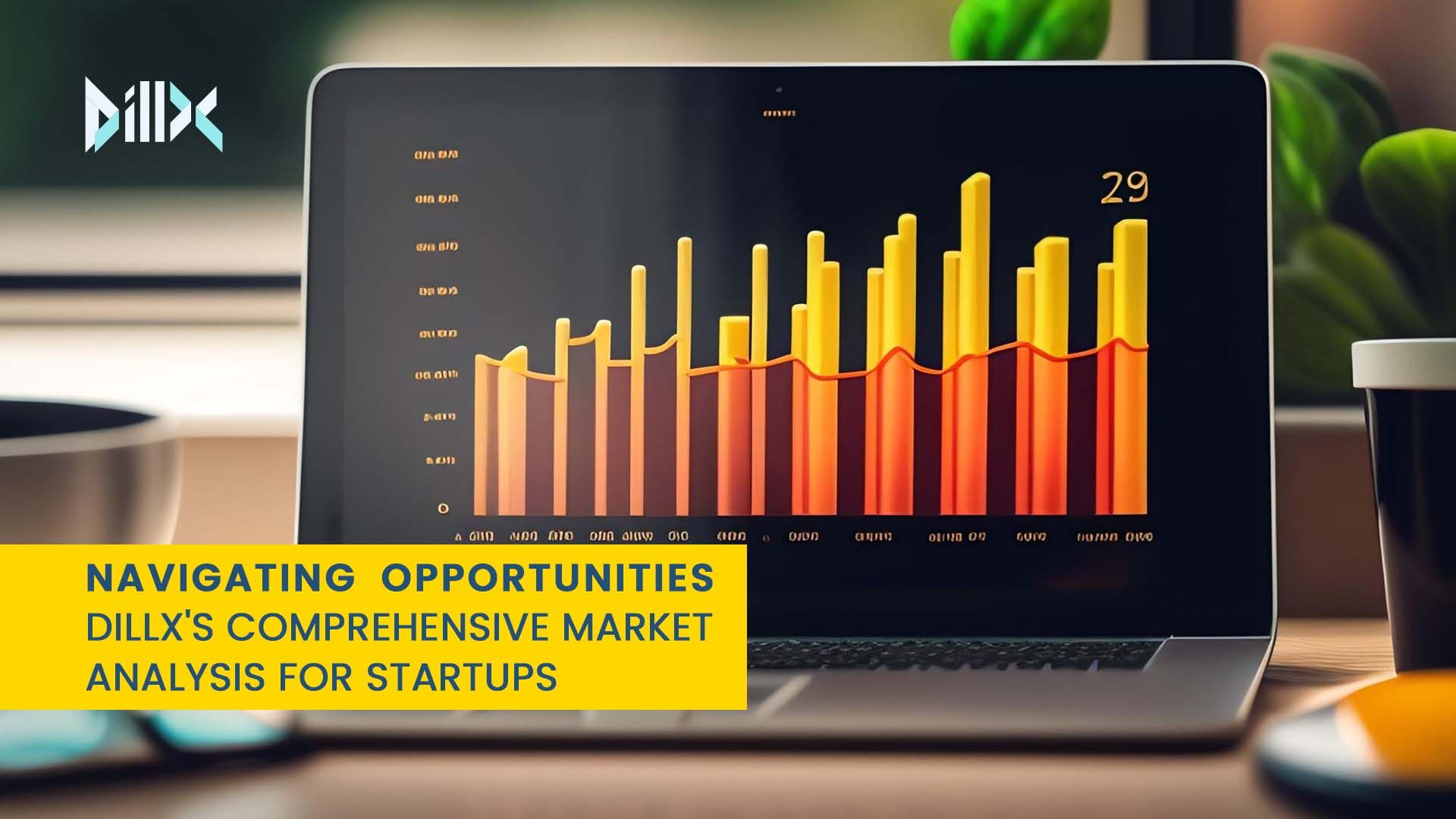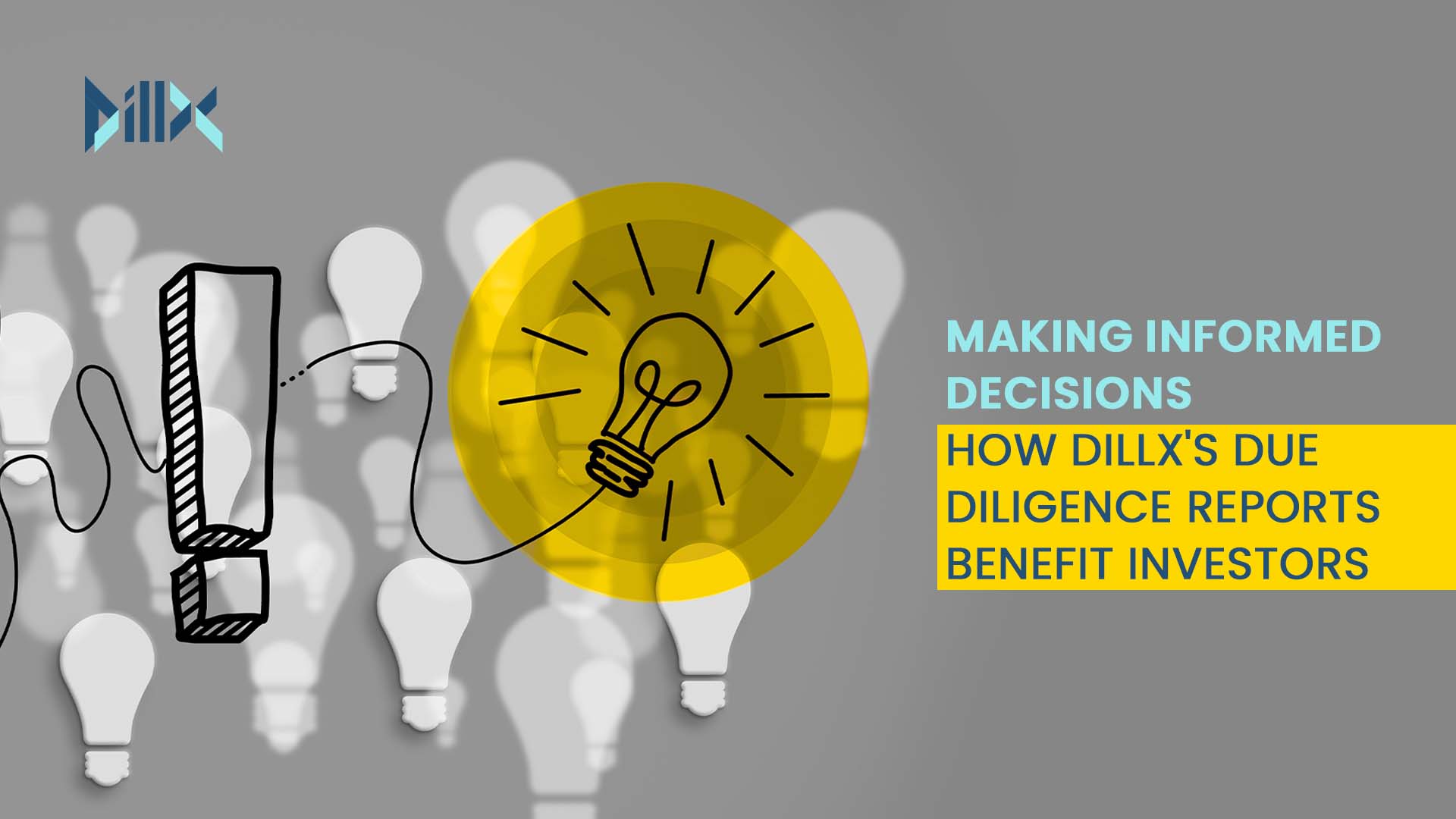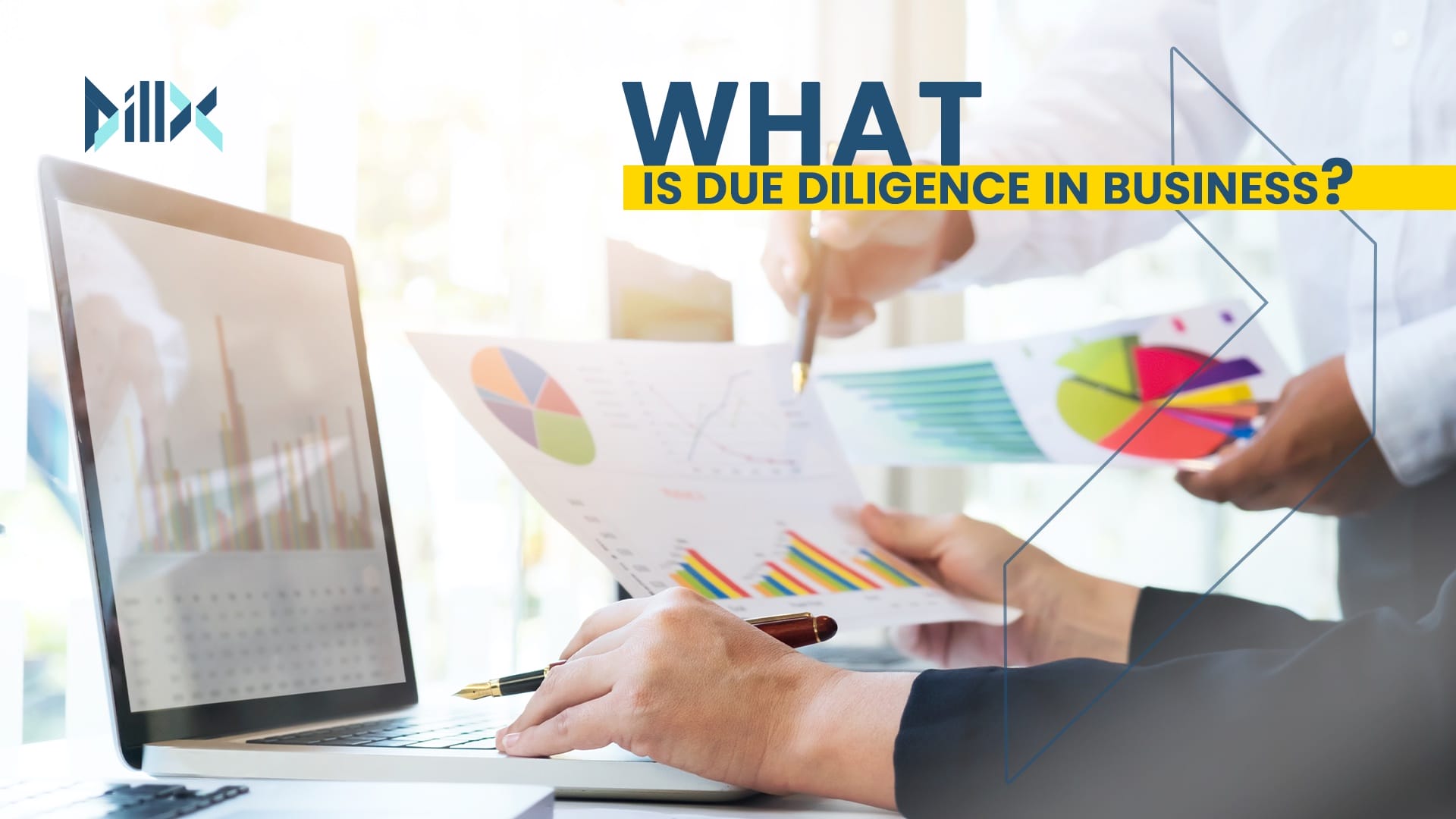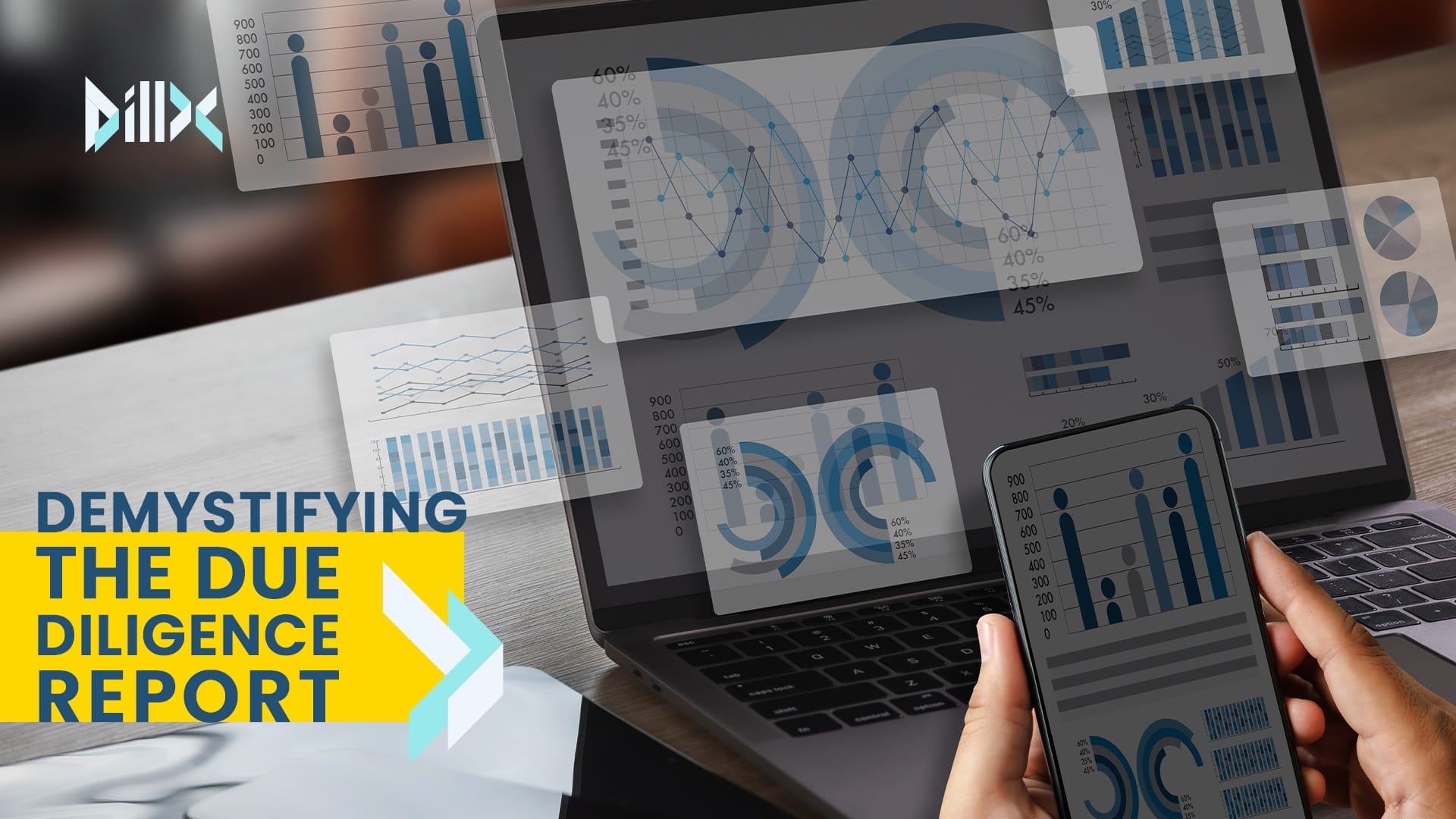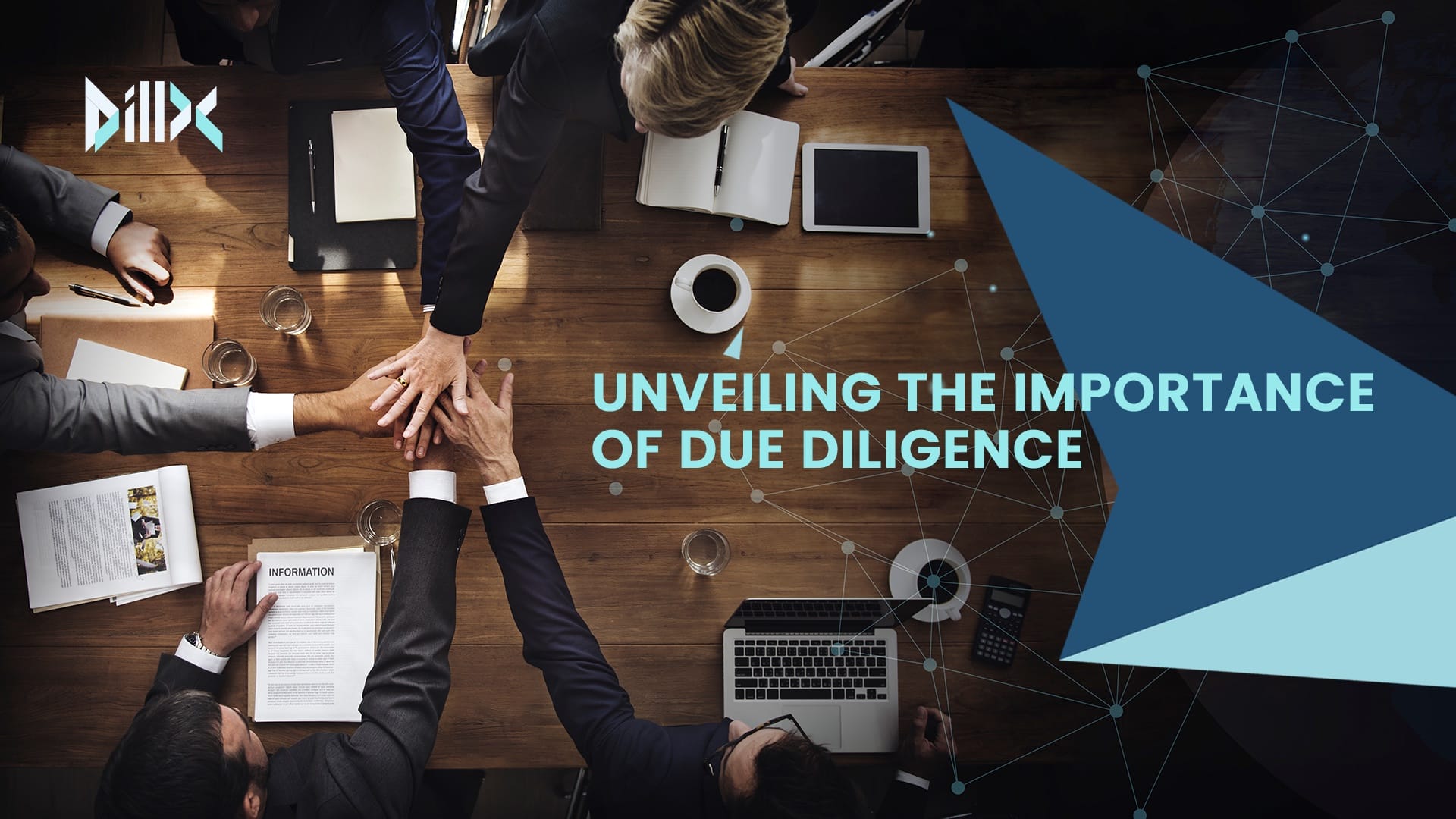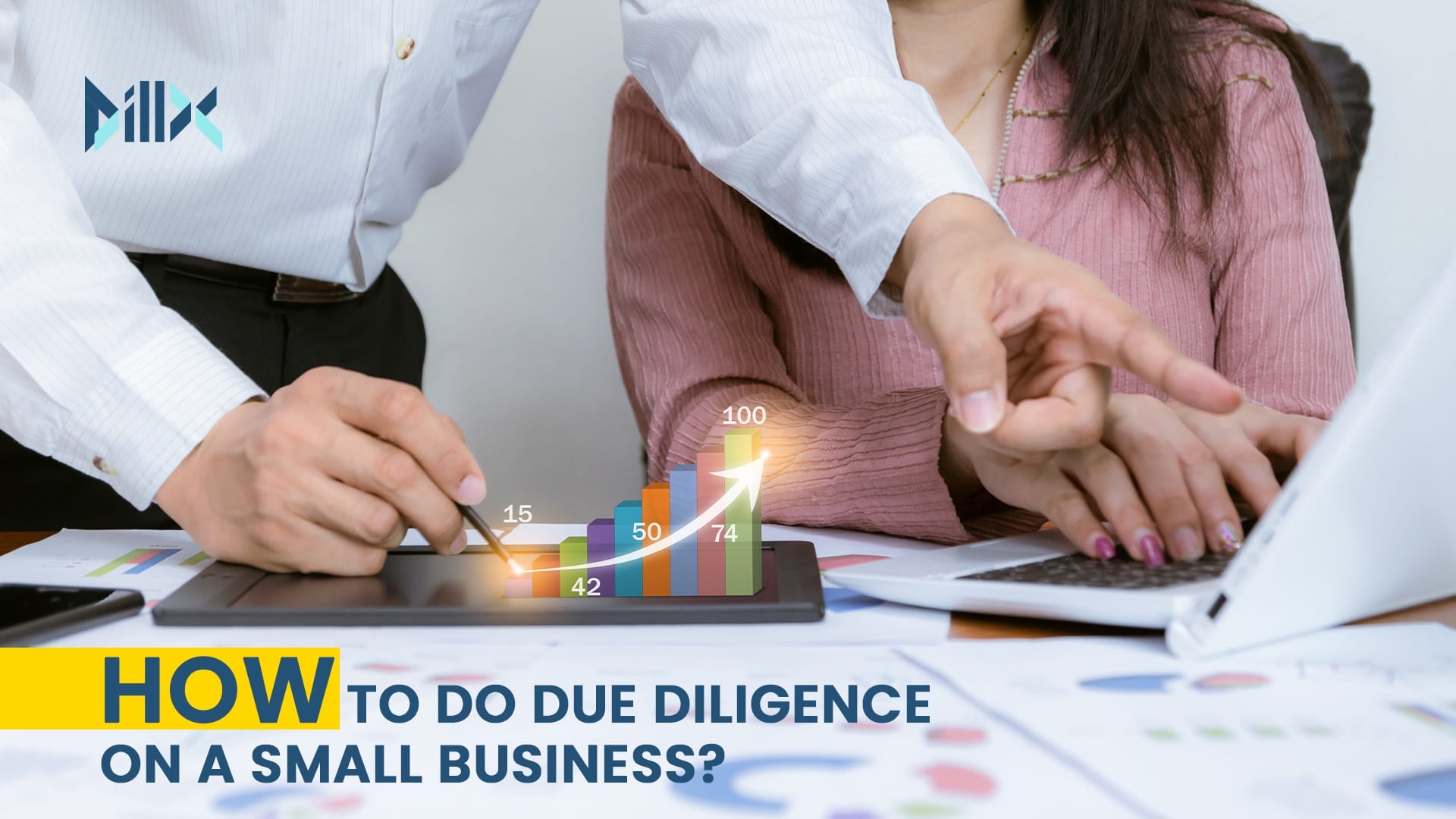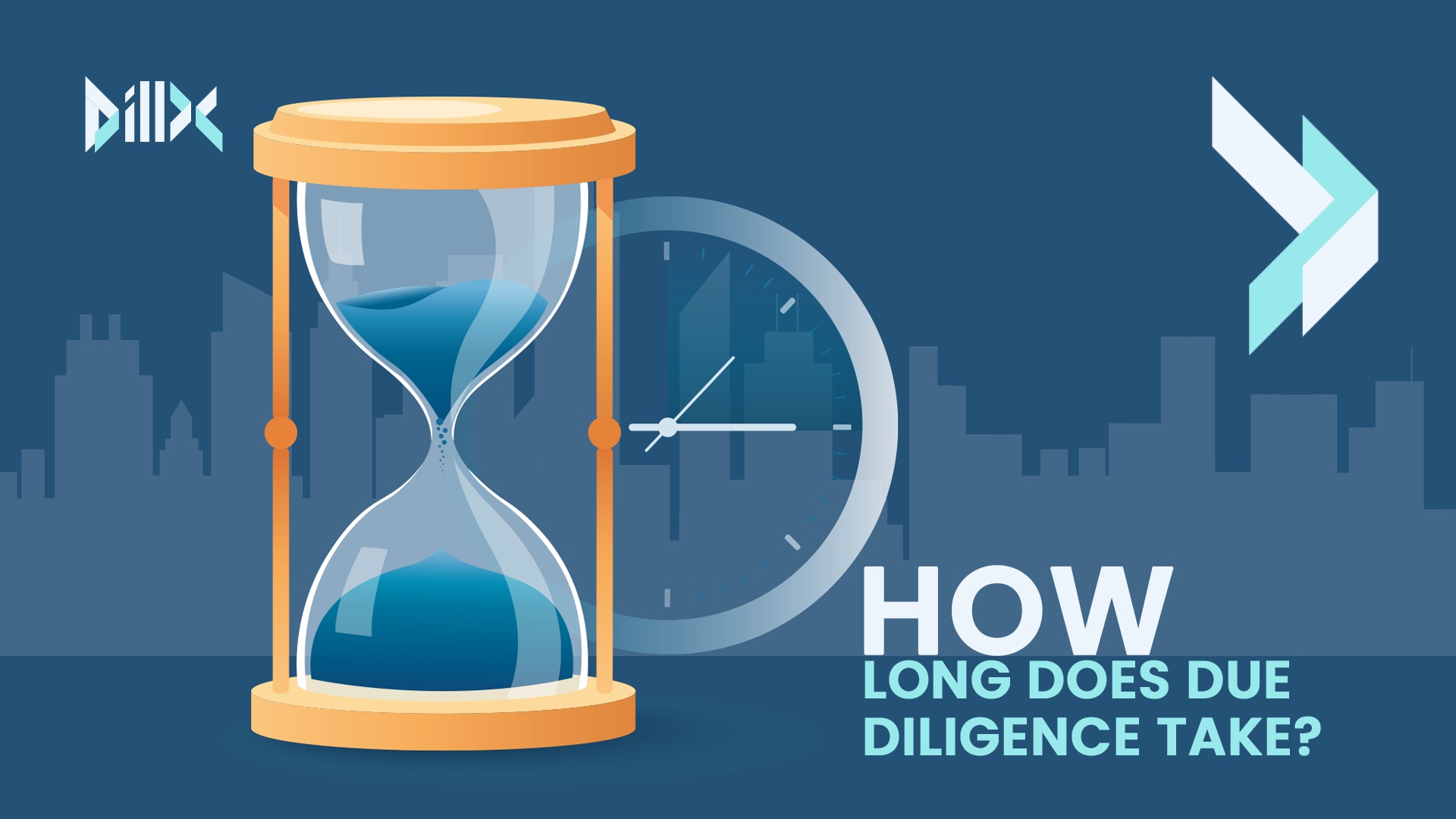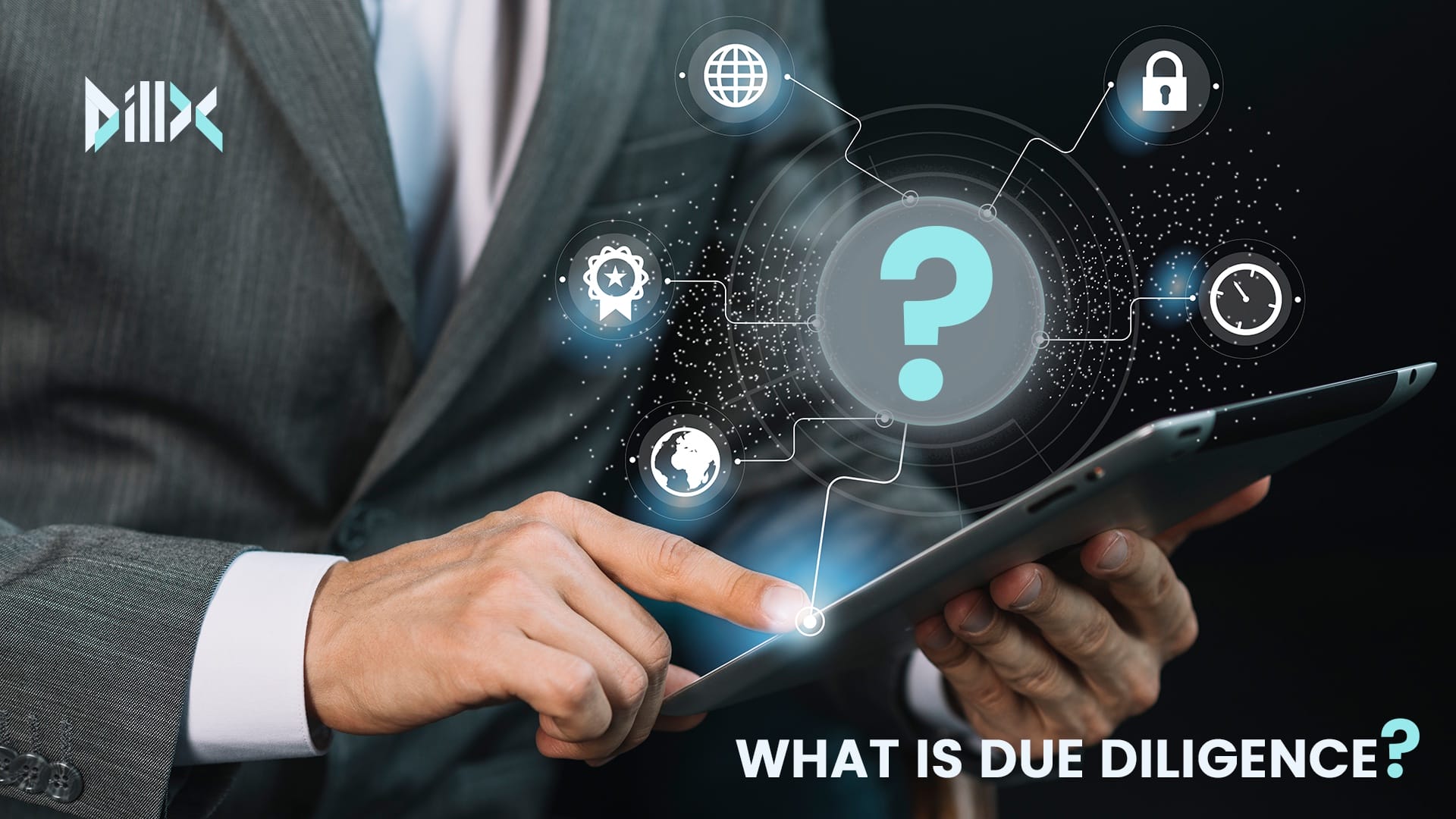In today’s interconnected business landscape, companies often engage in partnerships, collaborations, and outsourcing to expand their operations and leverage specialized expertise. However, such alliances also bring risks, as the actions and reputation of third parties can impact the integrity and success of a business. That’s where third-party due diligence steps in—a critical process that helps organizations assess the reliability, compliance, and overall trustworthiness of external entities. In this blog post, we will explore the concept of third-party due diligence, its importance, and how it can enhance risk management strategies.
Understanding Third-Party Due Diligence
Third-party due diligence involves conducting a comprehensive investigation and assessment of external entities, such as suppliers, vendors, contractors, or business partners, before entering into a business relationship with them. It aims to verify their credibility, ethical practices, compliance with laws and regulations, financial stability, and adherence to industry standards.
The Importance of Third-Party Due Diligence
In an increasingly interconnected business environment, companies rely heavily on external entities to support their operations. However, failing to conduct proper due diligence on these third parties can expose businesses to a range of risks, including reputational damage, financial losses, legal and regulatory non-compliance, and even potential violations of ethical standards. Third-party due diligence serves as a proactive risk management strategy, helping organizations mitigate potential risks and safeguard their interests.
Key Steps in Third-Party Due Diligence
While the specific process may vary depending on the nature of the relationship and industry, here are some key steps typically involved in third-party due diligence:
- Pre-engagement Assessment: Before entering into a business relationship, companies evaluate the potential third party’s background, reputation, financial stability, and track record. This includes analyzing their past performance, client references, and any legal or regulatory issues they may have faced.
- Compliance Screening: Companies conduct thorough compliance checks to ensure that the third party complies with applicable laws, regulations, and industry standards. This includes assessing their adherence to anti-bribery, anti-corruption, data privacy, and other relevant regulations.
- Financial Evaluation: Organizations analyze the financial health and stability of the third party by reviewing their financial statements, credit history, and payment practices. This assessment helps identify any potential financial risks or vulnerabilities.
- Risk Assessment: Companies evaluate the potential risks associated with engaging with the third party. This may include assessing their cybersecurity measures, business continuity plans, insurance coverage, and overall risk management practices.
- Ongoing Monitoring: Third-party due diligence is not a one-time process; it requires continuous monitoring to ensure that the third party maintains the expected standards throughout the business relationship. Regular audits, site visits, and periodic reviews help identify any changes or red flags that may necessitate further action.
Enhancing Risk Management and Building Trust
By conducting third-party due diligence, organizations can proactively identify potential risks and take necessary measures to mitigate them. This process not only strengthens risk management strategies but also builds trust and credibility with stakeholders. Moreover, it ensures that business relationships are based on shared values, compliance with regulations, and a commitment to ethical practices.
Conclusion
In an era of increasing reliance on external partnerships, third-party due diligence emerges as a vital practice to protect businesses from potential risks and reputational damage. By thoroughly assessing the credibility, compliance, and overall trustworthiness of external entities, organizations can make informed decisions and foster long-term, fruitful relationships. Remember, investing time and resources in third-party due diligence is an investment in the stability, integrity, and sustainable growth of your business.
About DillX
Unlock the power of streamlined due diligence with DillX. Say goodbye to months of manual, costly processes and embrace efficiency in just 3 days. Our SaaS platform automates the entire due diligence process, generating detailed DX reports with pre-verified company information and red flag alerts. Founders can track their investment readiness, while investors can assess more startups with reduced risk. Ready to transform your due diligence experience? Join our waitlist today.


